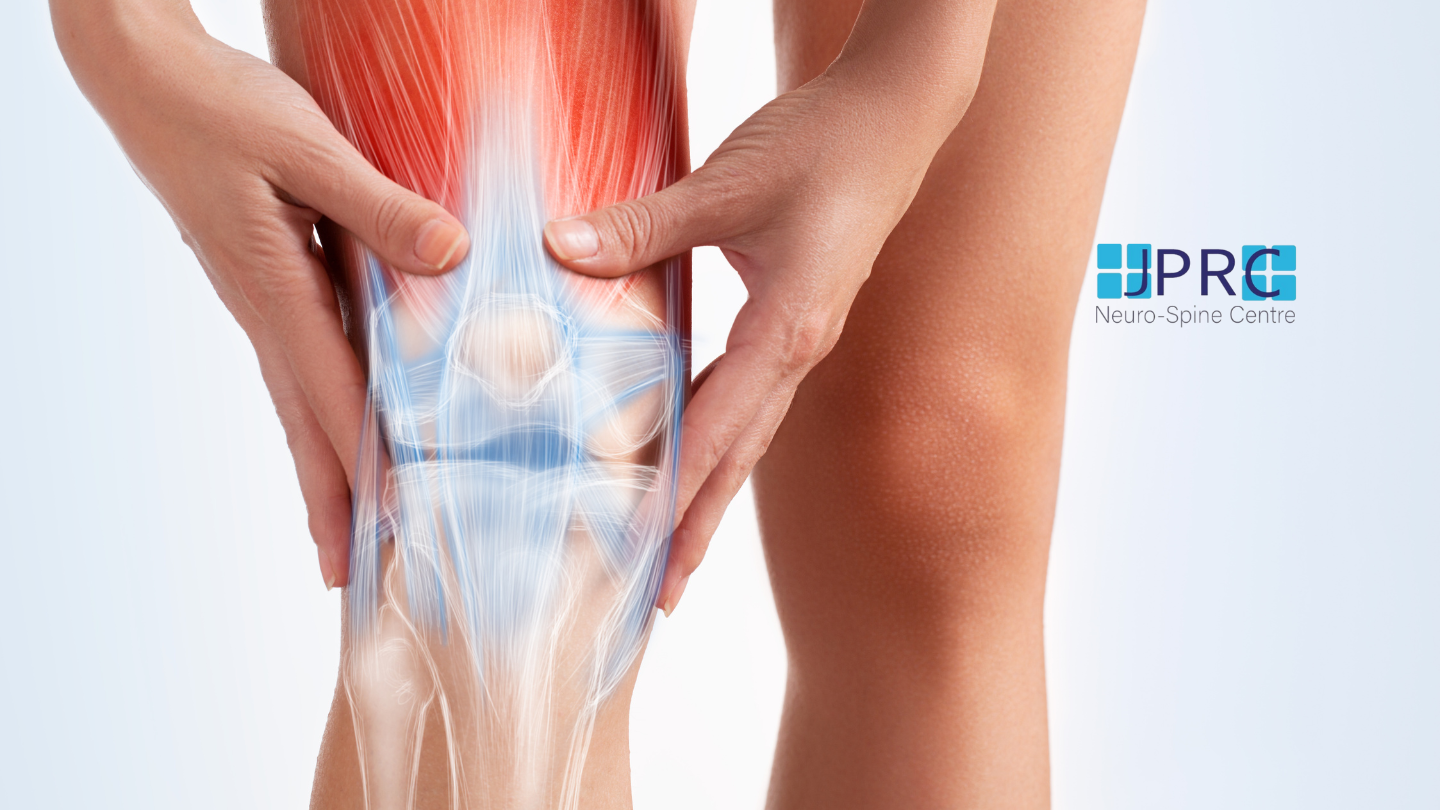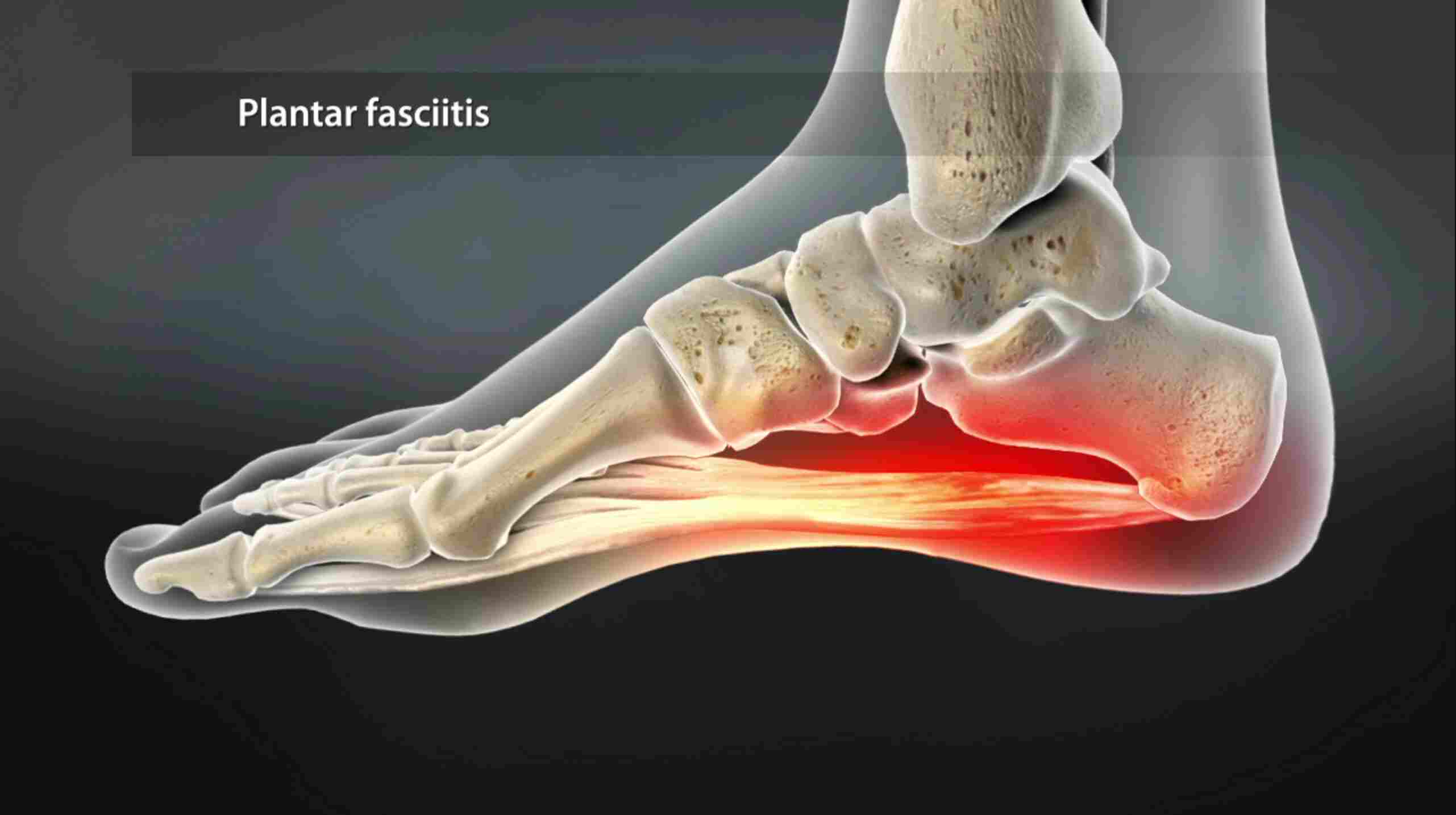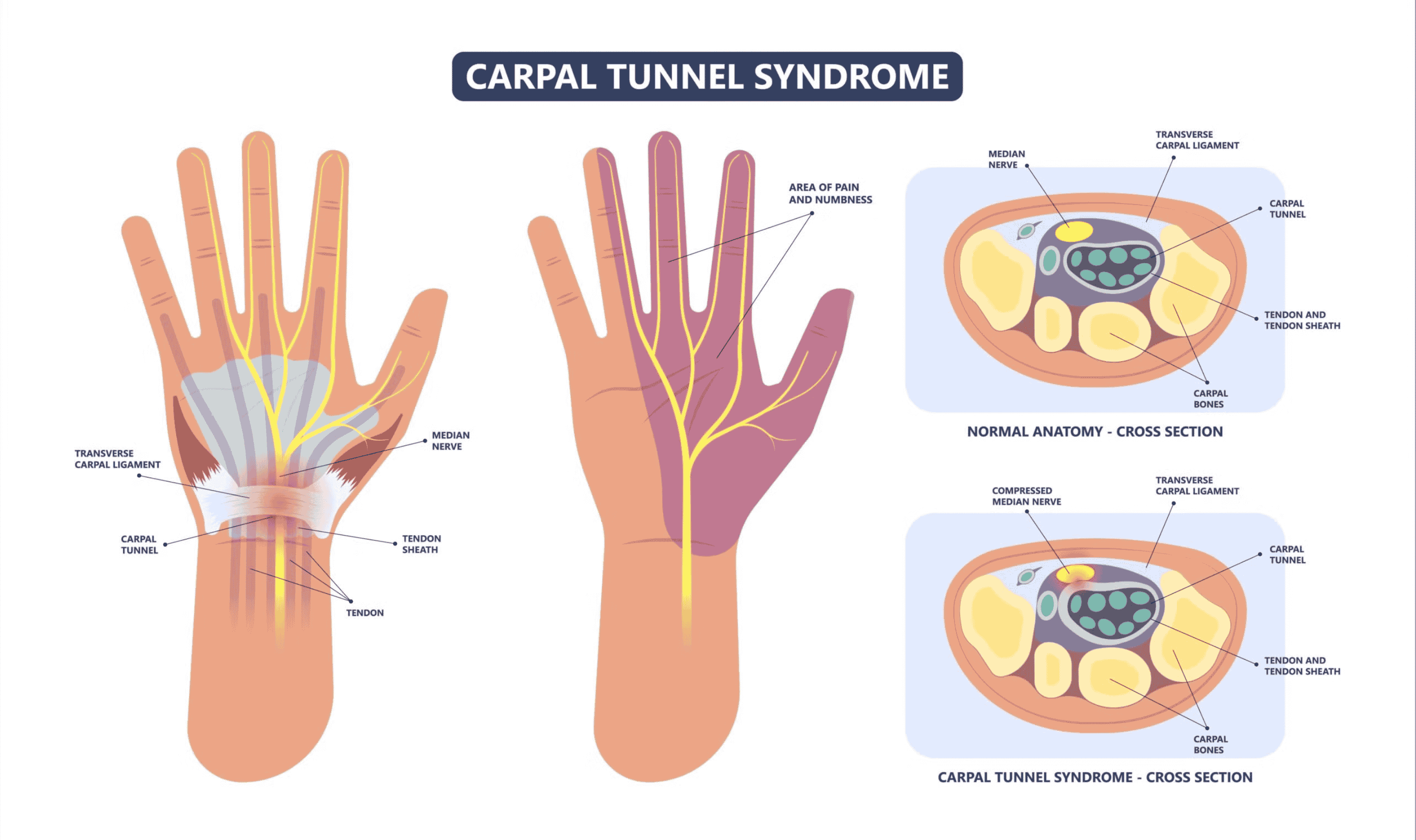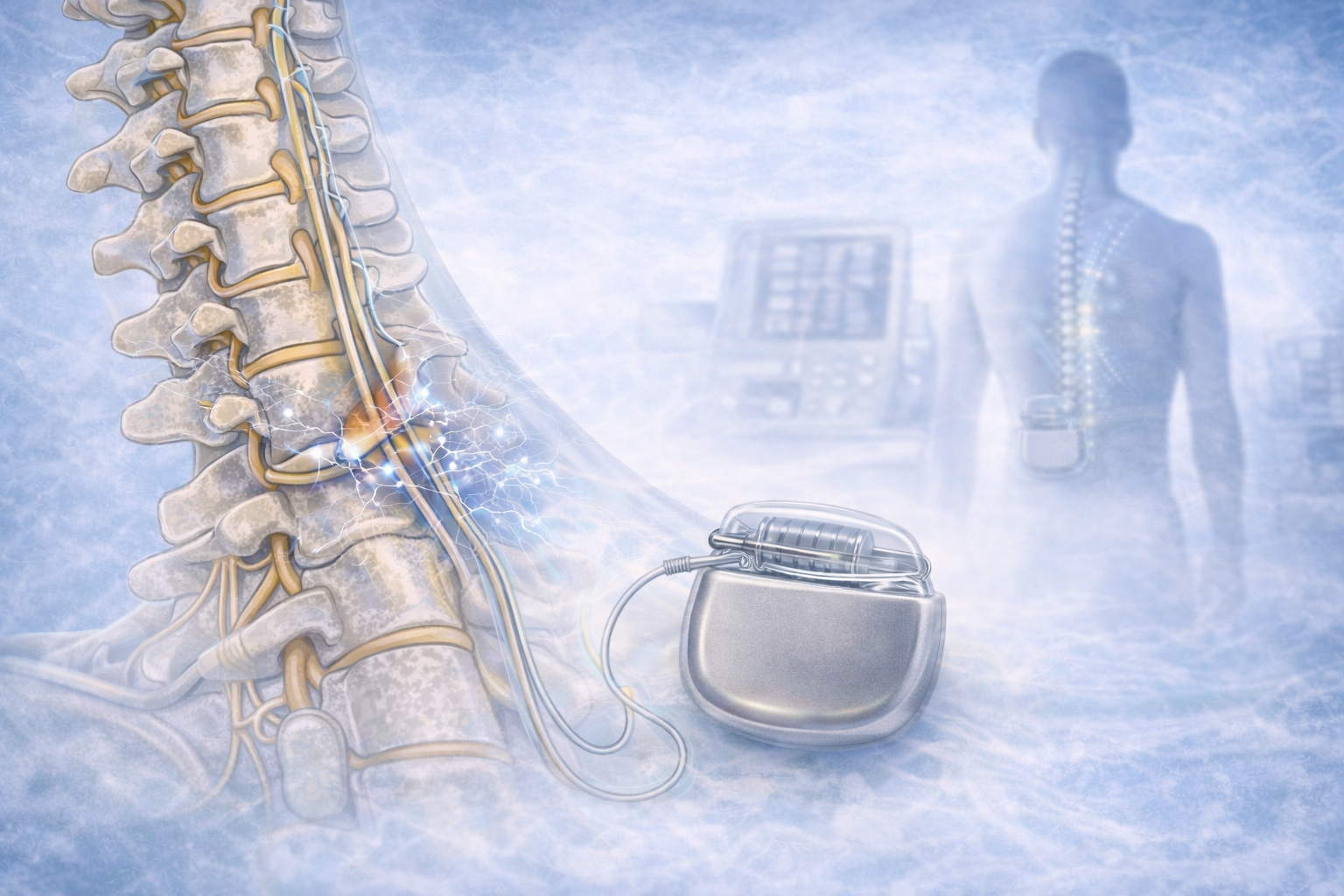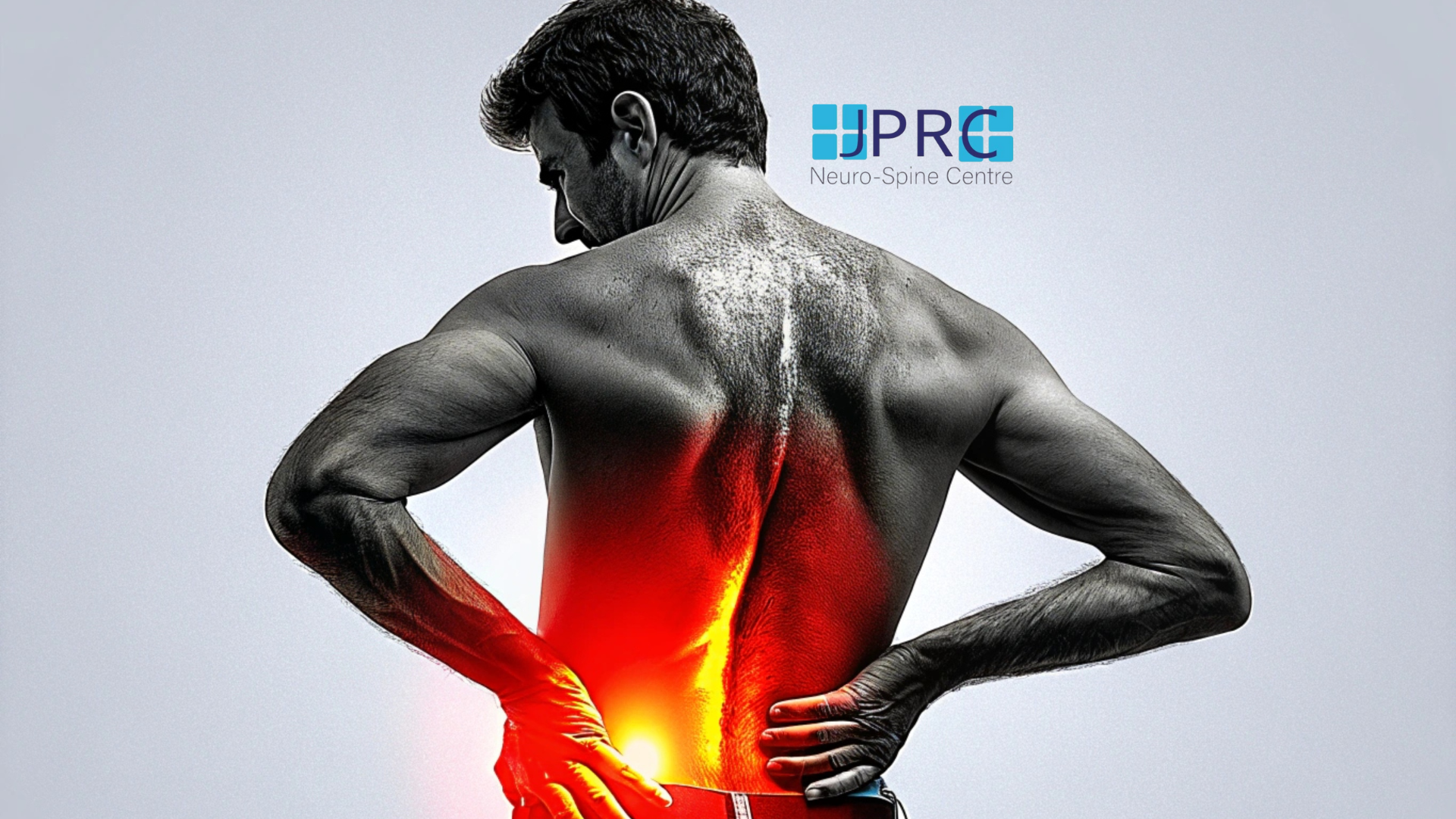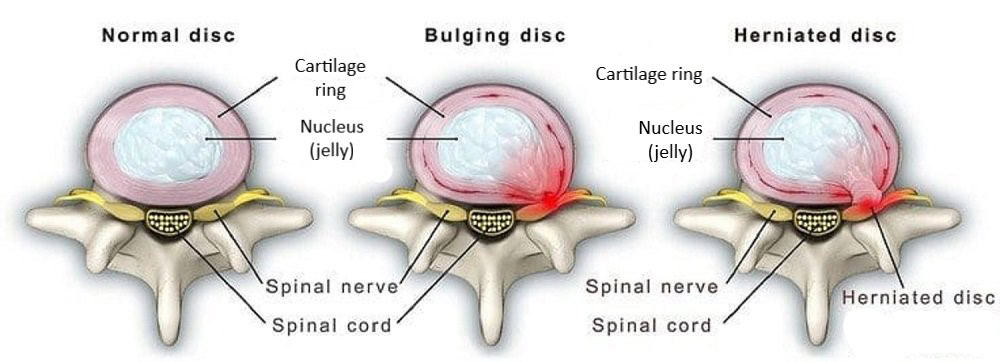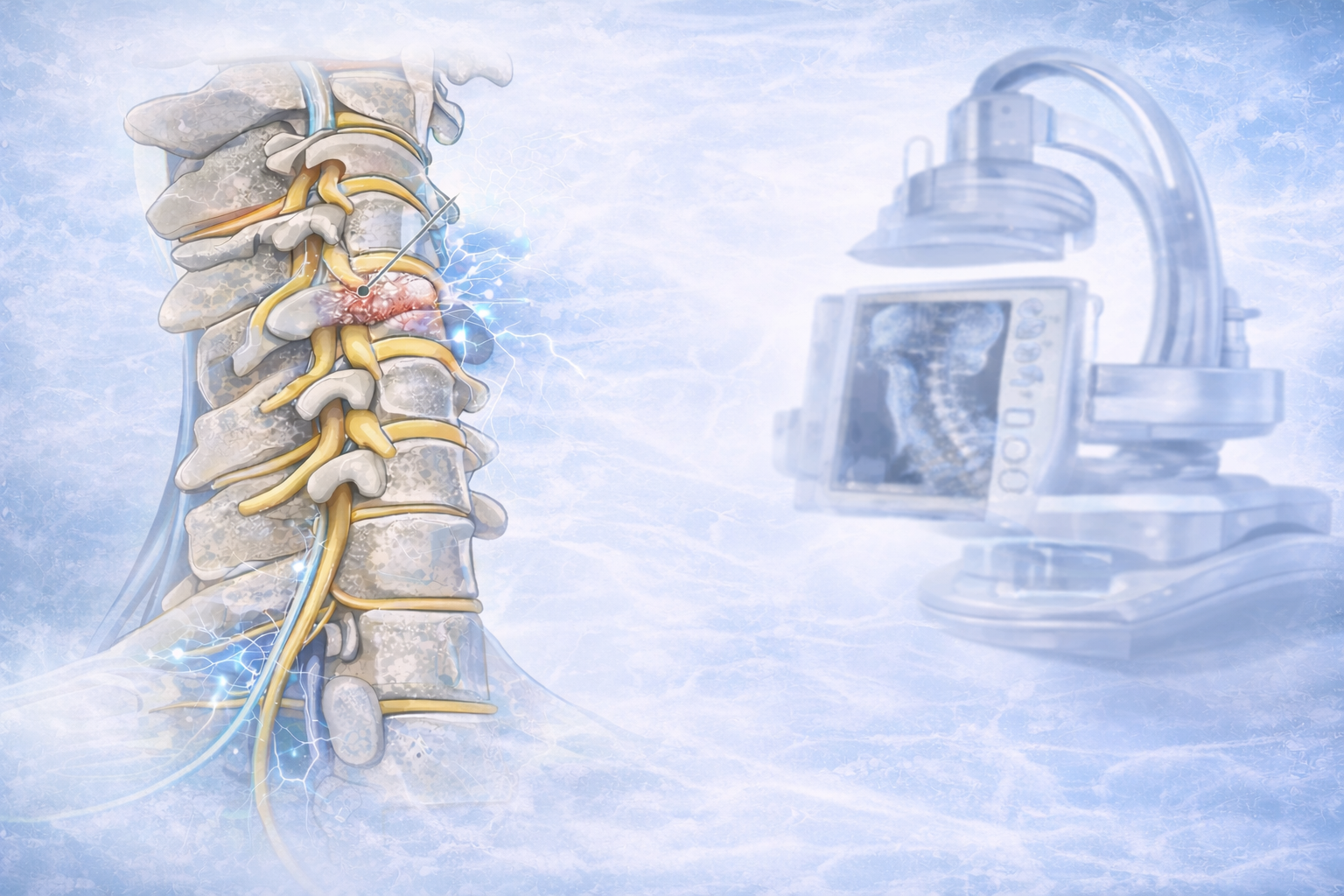Understanding Chronic Pain
What is a Chronic pain?
Literally any pain that lasts longer than 3 months. It doesn't necessarily stay all the time, there might be pain episodes with breaks in between.
Chronic pain has great potential to deteriorate your physical and mental health, in a vicious cycle of continual suffering.
Chronic pain vs Regular pain :
Pain is an expression of any physical or chemical injury, as we know it (like a bruise or cut). And when that injured site heals, pain goes away gradually on its own.
But Chronic pain chooses to persist, even after you've completely recovered. Often, it may happen without any preceding wound.
How common is it ?
Chronic pain is common enough that it accounts for almost 25% cases yearly, of all the patients who seek medical attention for Chronic illness.
So, where do people get this pain?
Chronic pain is annoying. It may literally affect any part of the body. Some common sites we can mention here, are :
-
Back and Neck region
-
Joints (most commonly) - Arthritis
-
Tumors
-
Headaches (migraine included)
-
Testicles (Orchialgia)
-
Previous wounds/ scar site
-
Muscle, ligaments all over the body
-
Nerves (Neuralgia)
What are the common Symptoms?
The most prominent suffering will be excruciating pain.
These pain may vary from person to person, and can be felt as throbbing, burning, shooting, aching, stinging or squeezing pain.
Few other symptoms, commonly people complain about, are -
-
Muscle stiffness
-
Fatigue
-
Depression and anxiety, Mood swings
-
Insomnia
Why does this pain happen ?
The reasoning of Chronic pain can be tricky.
Often chronic diseases like cancer or Arthritis leads to constant pain.
Otherwise, some diseases can create long lasting changes in the deeper structures so that even after the superficial wound heals, these underlying abnormalities, that take far longer time to reverse, may create painful sensation.
Psychological responses to injury can be another cause that may trigger pain, and it's surprisingly common to occur.
There might be one or multiple of the above-mentioned reasons that are inflicting chronic pain in your body.
Diagnosis :
Long lasting Pain itself is the biggest marker. Physicians usually check for the actual condition that is causing the pain. The degree of pain felt isn't a suitable parameter as it varies from person to person, but a thorough medical and physical examination and analysis is necessary.
Diagnostic tests used are as follows:
-
Electromyography, Xray, MRI, CT scan
-
Blood tests
-
Urine tests
-
Nerve function tests (reflex test)
And the good news for you is that all of these advanced diagnostic tests are available in our fully equipped lab at JPRC neuro spine center, for an affordable price.
Finally, how is it treated ?
Currently there's no complete cure for chronic pain, but a plethora of treatments are available to absolutely lessen your pain to a negligible degree.
Our pain management specialists usually tries to find out the actual disease behind the pain, because often treating that leads to total relief forever.
If nothing could be found, still you don't need to worry. To treat the pain itself there are numerous therapy options available nowadays, which have given back regular life to hundreds of patients so far.
Few to mention here, like -
-
Transcutaneous Electrical Nerve Stimulation (TENS)
-
Epidural steroid injections
-
Nerve Blocks
-
Medical treatment with various drugs are most common ( analgesic, anti inflammatory, opioids, muscle relaxants etc)
For relieving associated symptoms other than pain, there also few things might be done, which has been proven highly effective.
-
Cognitive behavioral therapy (CBT) - helps to resolve any psychological aspects behind pain.
-
Drugs to relax your nerves (antidepressants, sedatives, anti anxiety drugs etc)
-
Occupational therapies, Mindfulness training
-
Physiotherapy
-
Aromatherapy, acupuncture etc
Lifestyle changes to cope with the pain:
-
Avoid smoking and alcohol intake
-
Stress management
-
Get enough sleep
-
Healthy diet and regular exercise
-
Follow safety measures for common workplace associated pains
Chronic pain can be really difficult. It can make your life utmost difficult. But of course there are enough ways to handle this and often a timely treatment helps in great relief for long time.
Our team of experienced professionals at JPRC Neuro Spine center can guide you to a pain free life, that you long for.
Contact or visit us today only!
Get your appointment ASAP!

1.jpg)








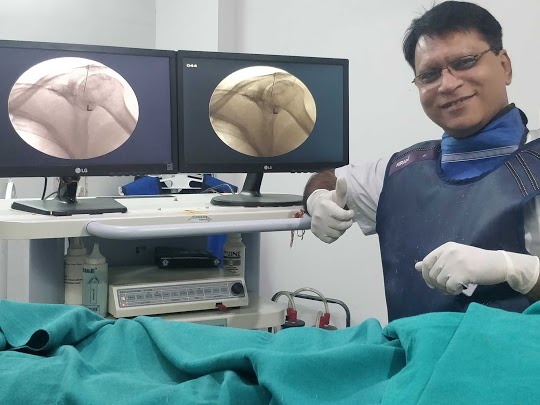



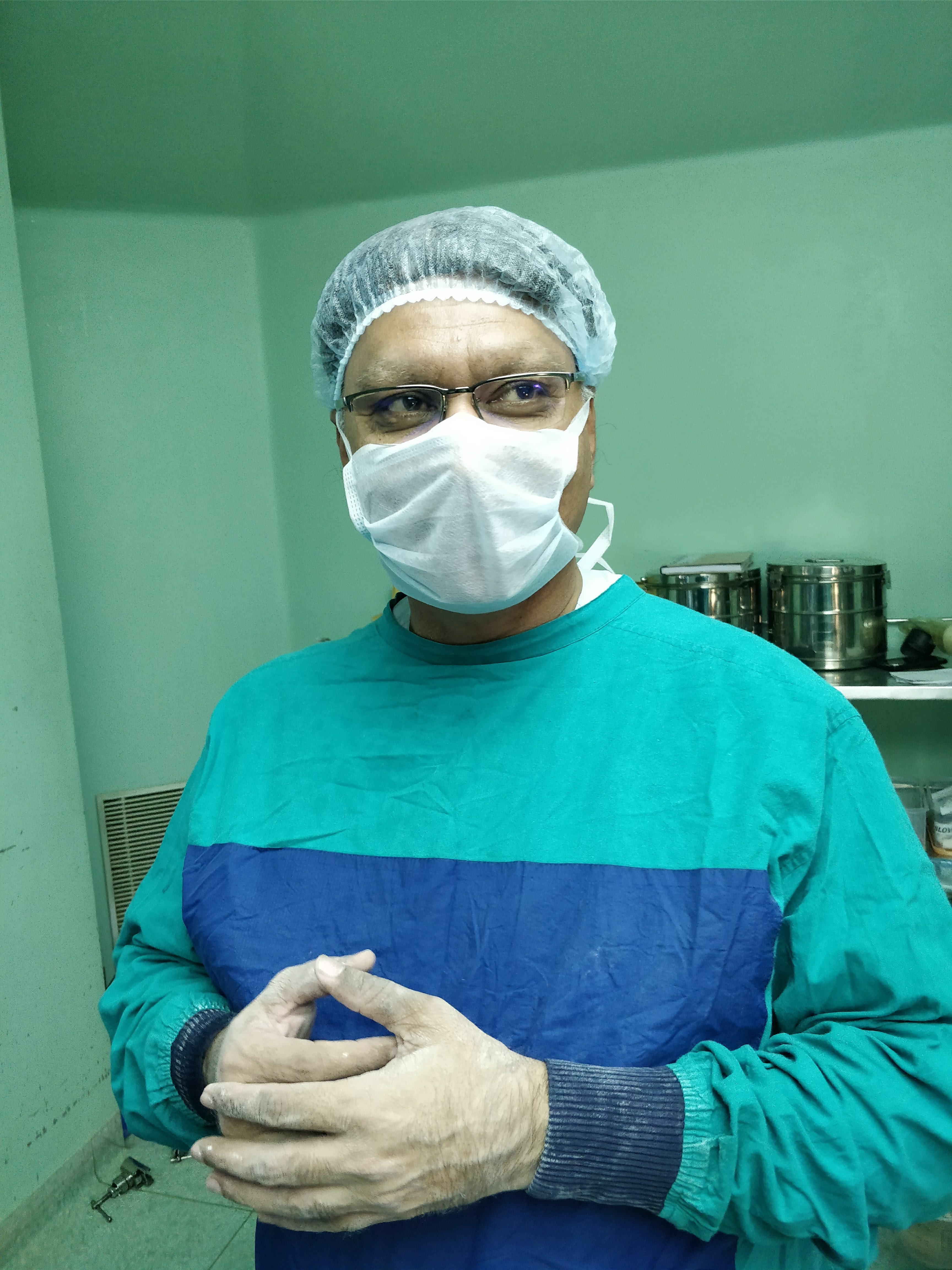
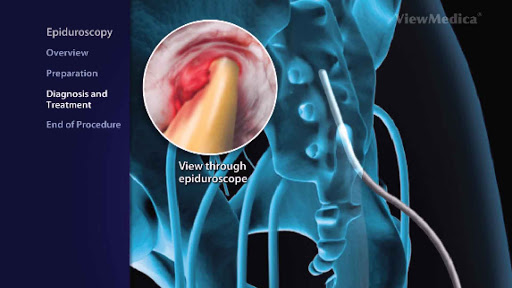

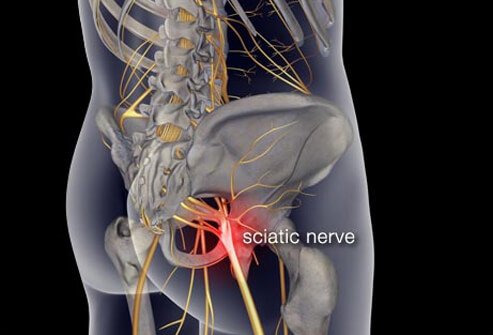

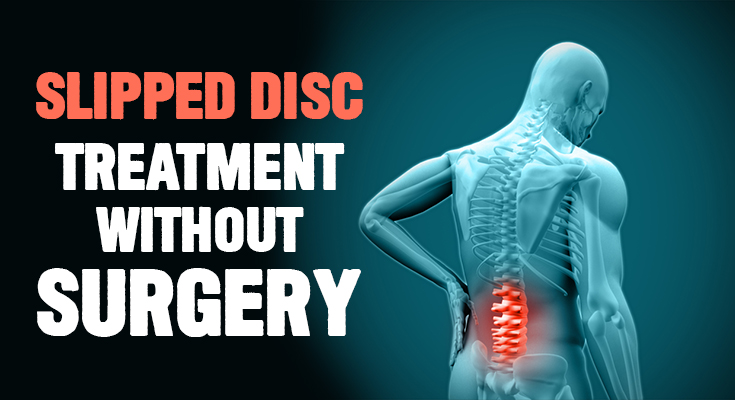

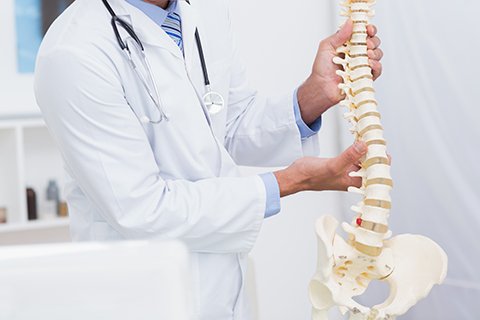


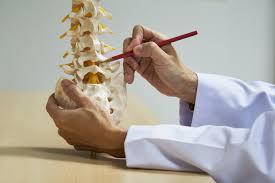
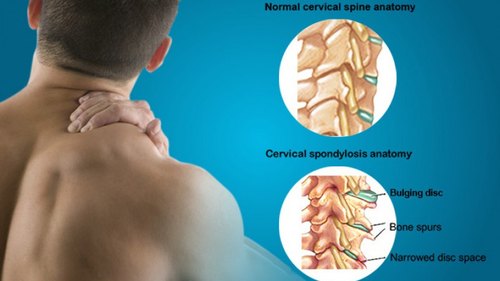
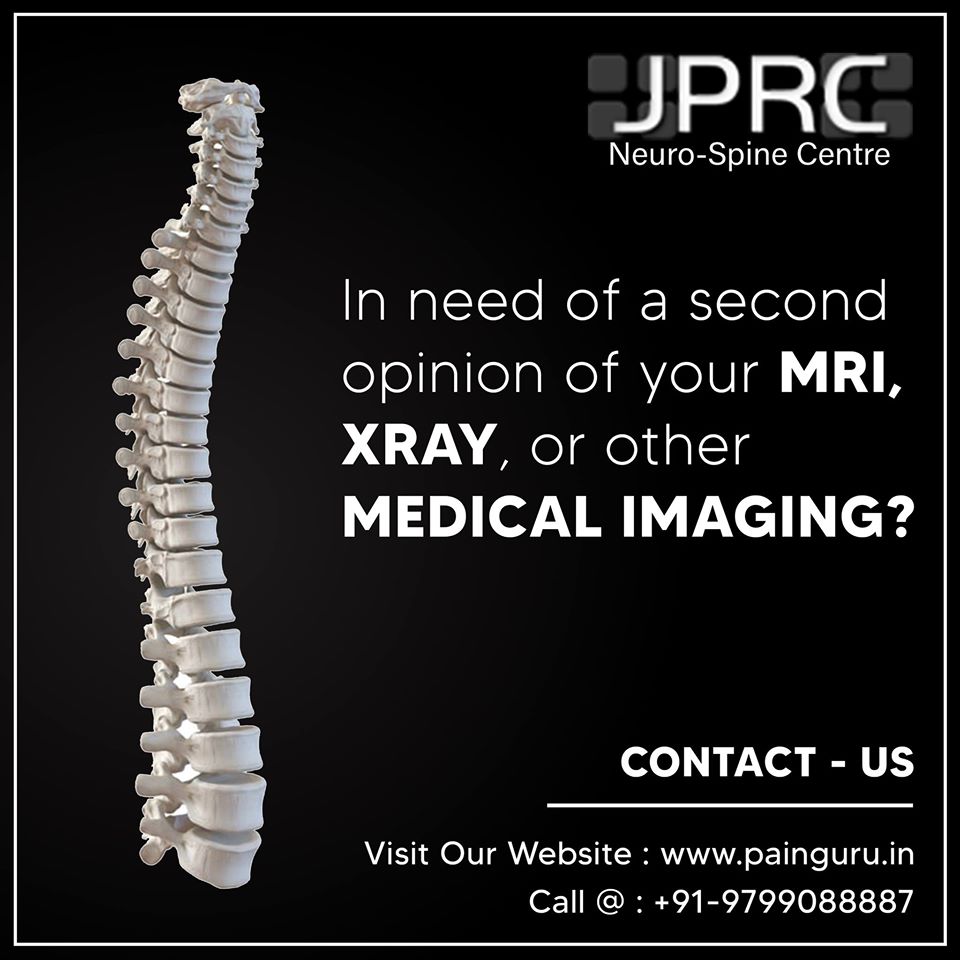




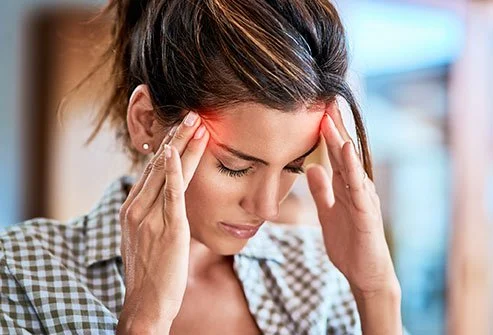

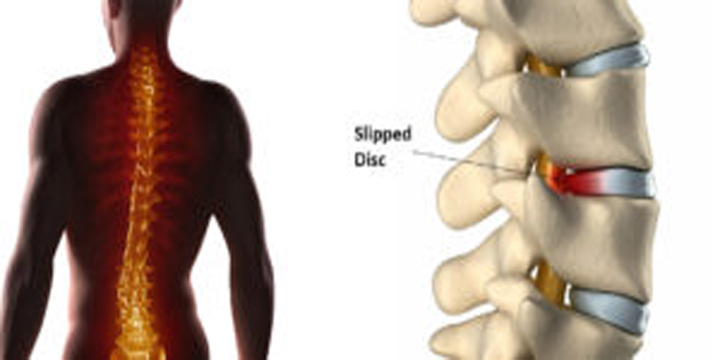
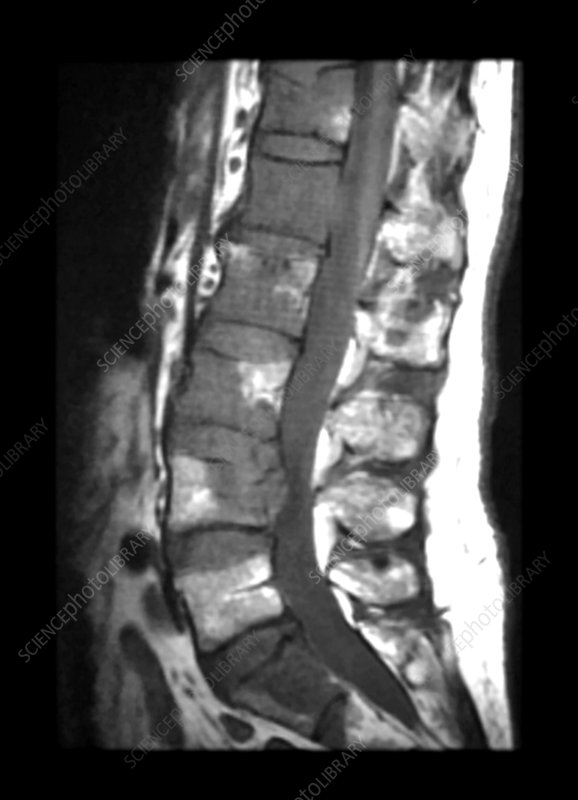




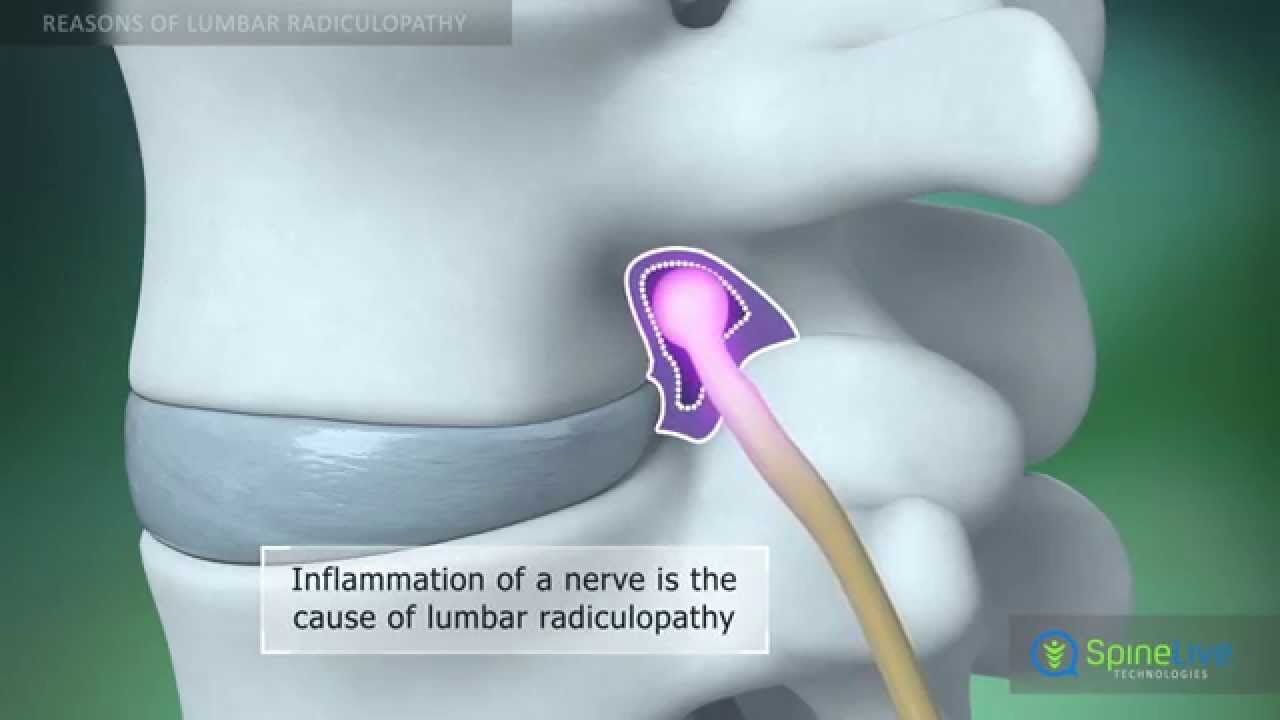
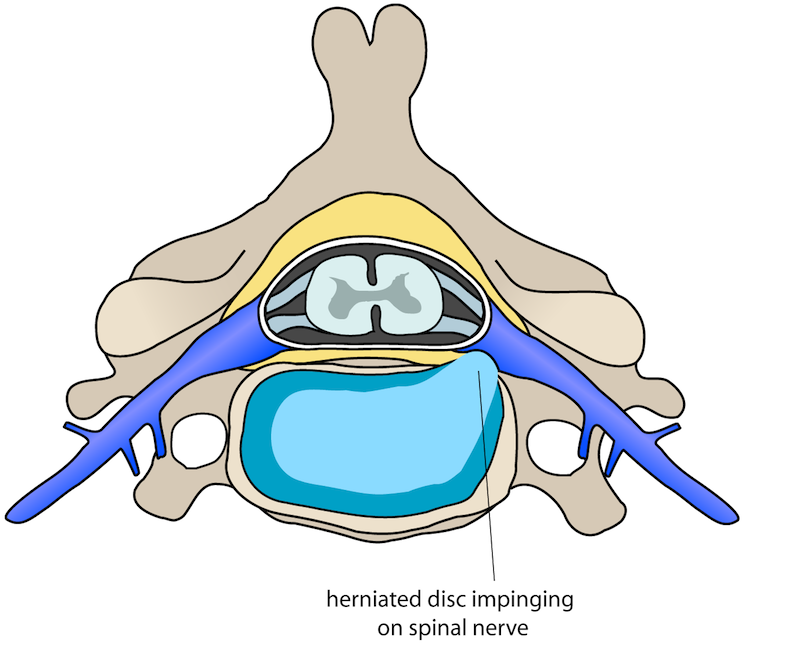
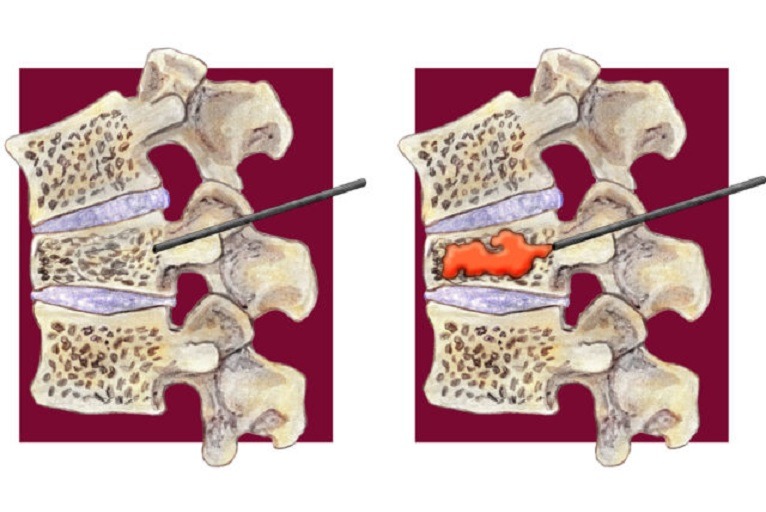







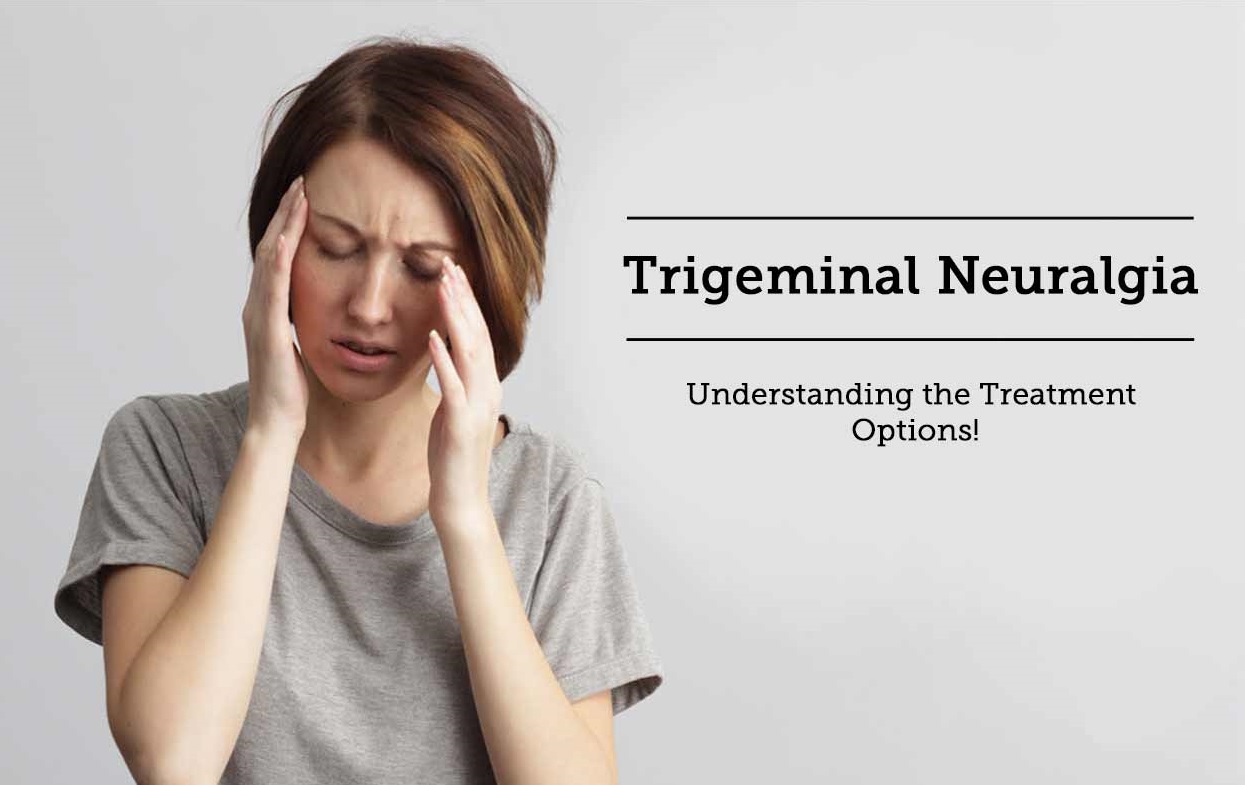



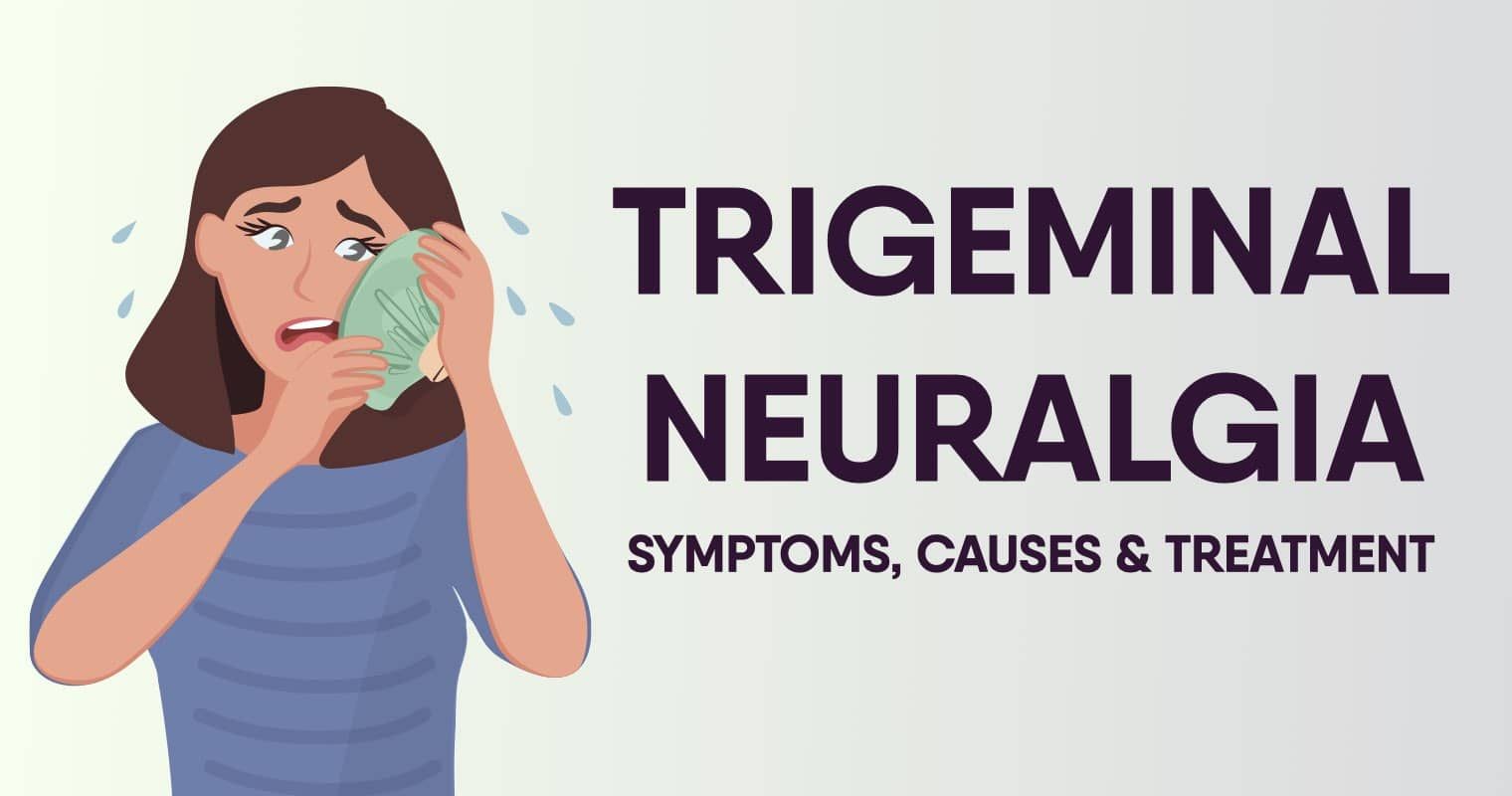
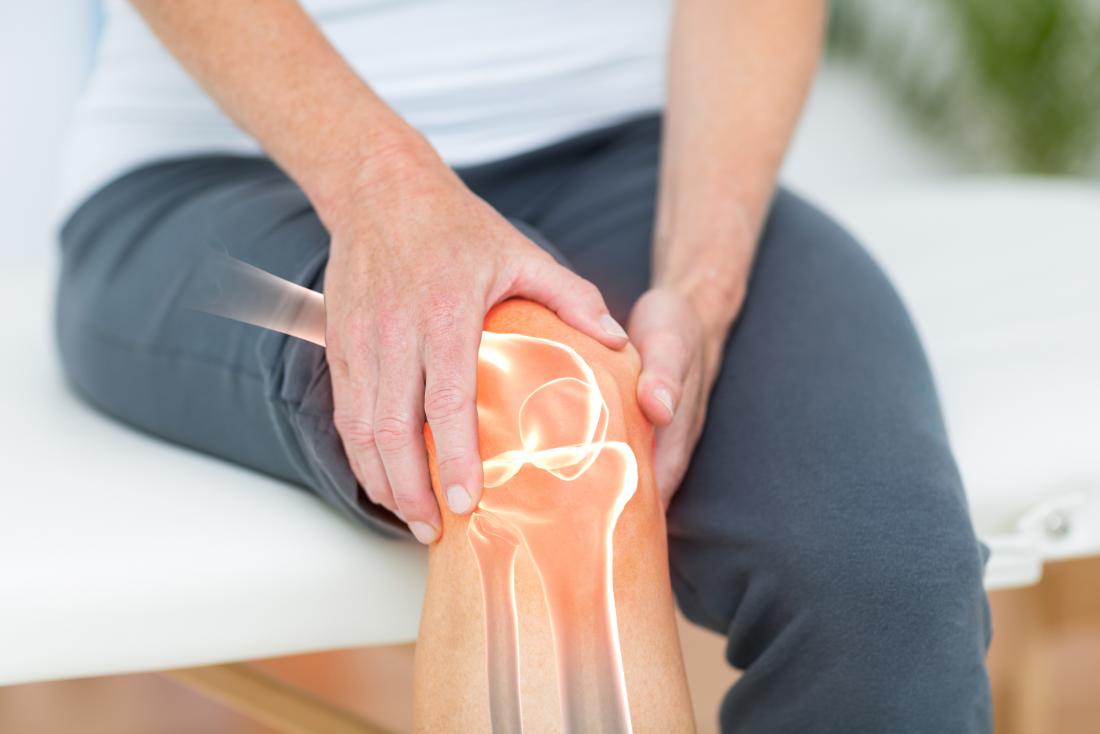
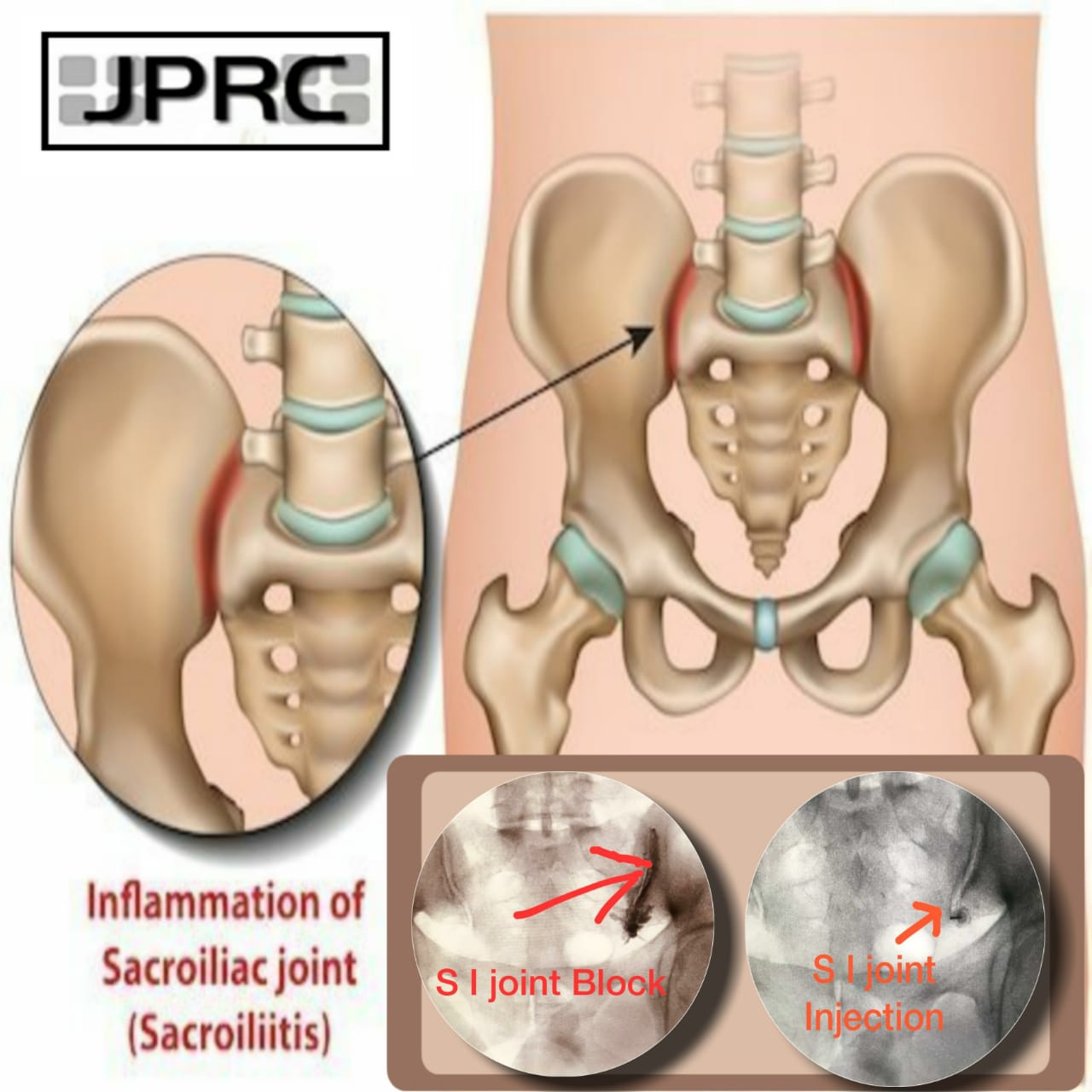


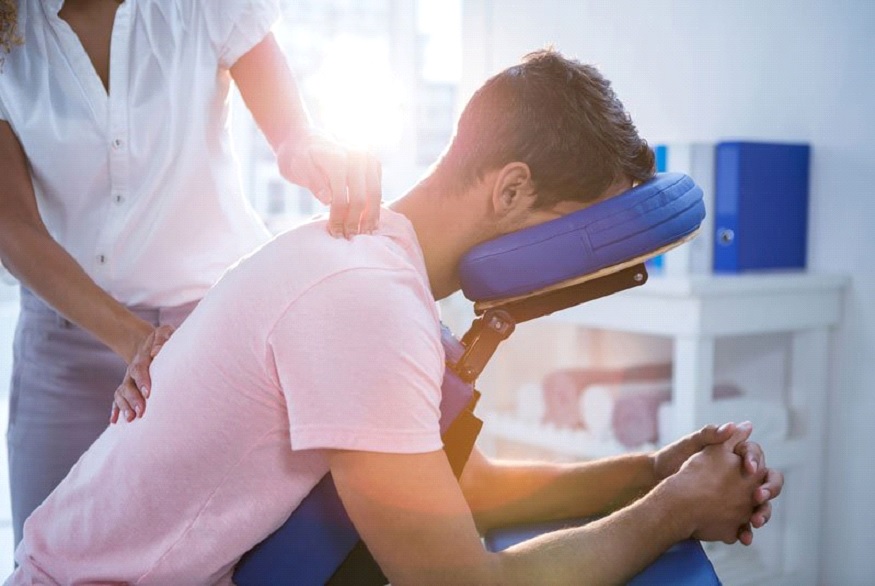


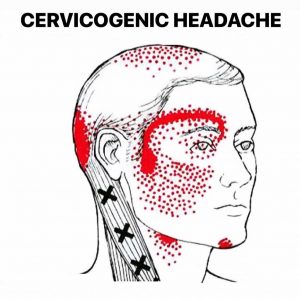




.jpg)



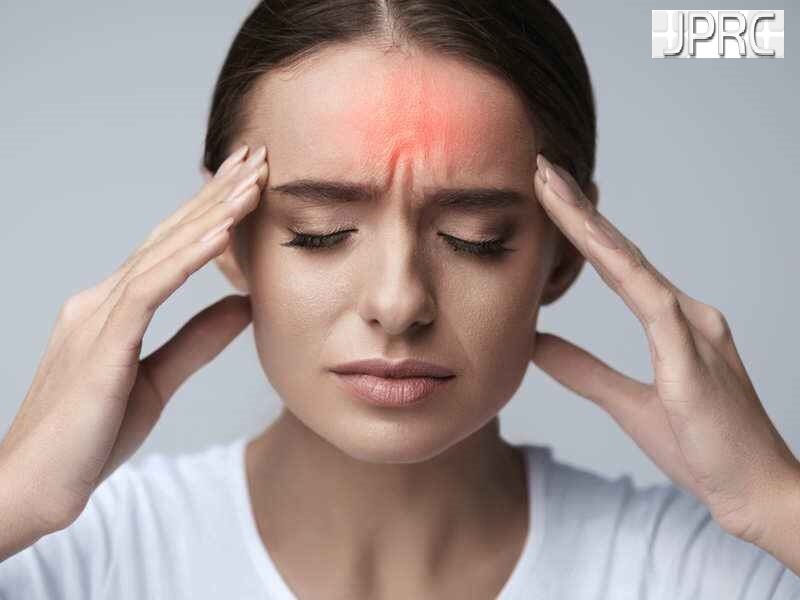
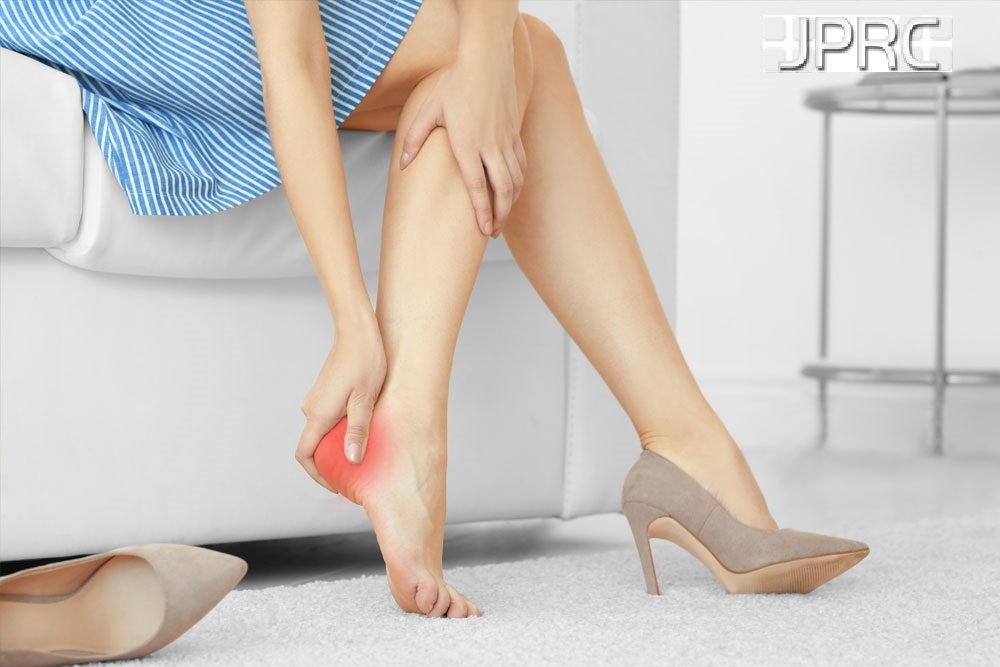
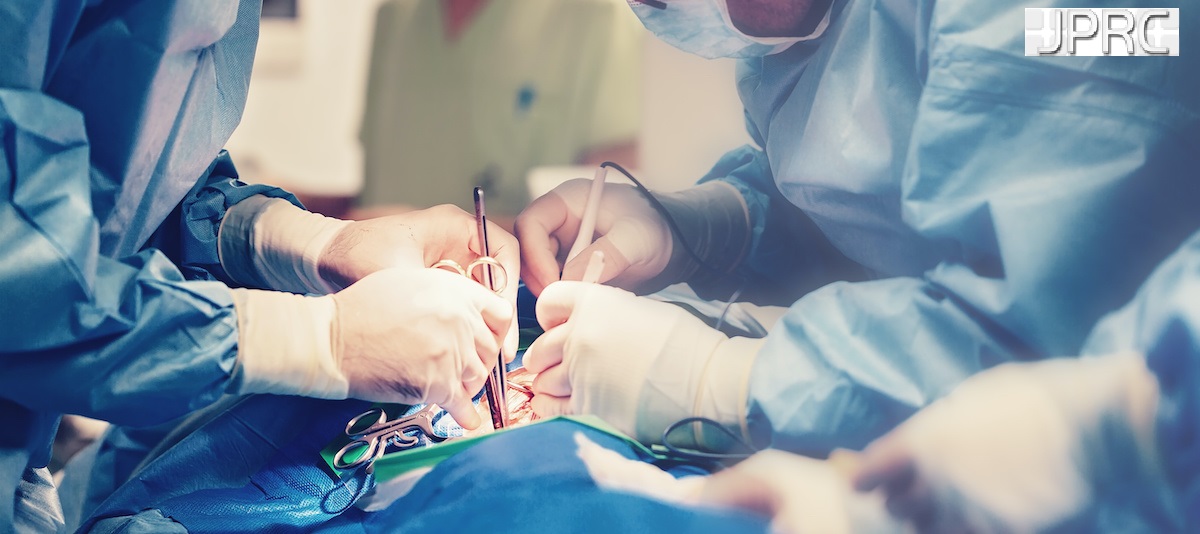
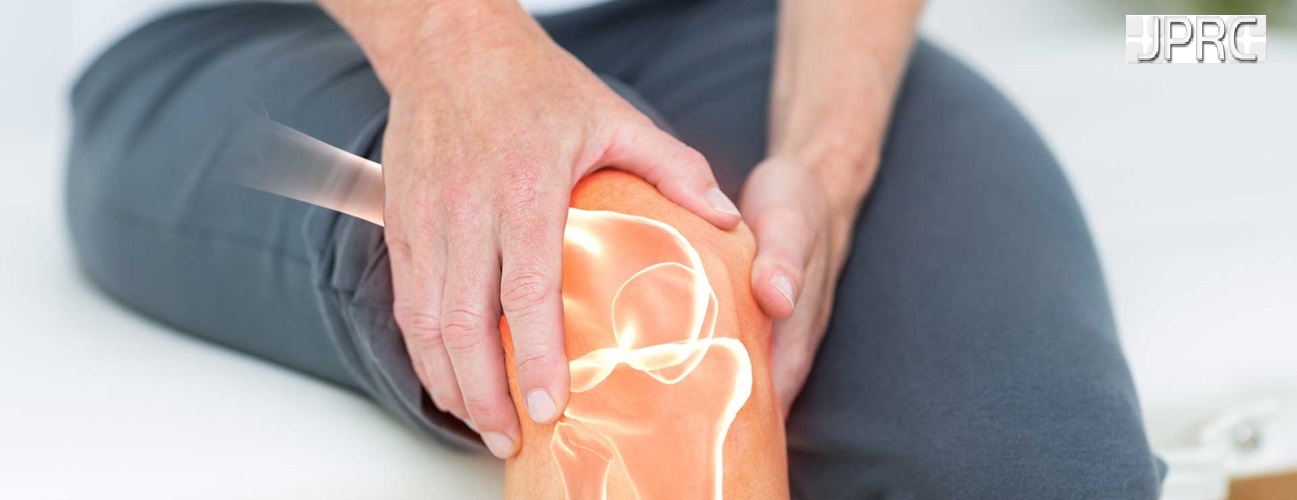

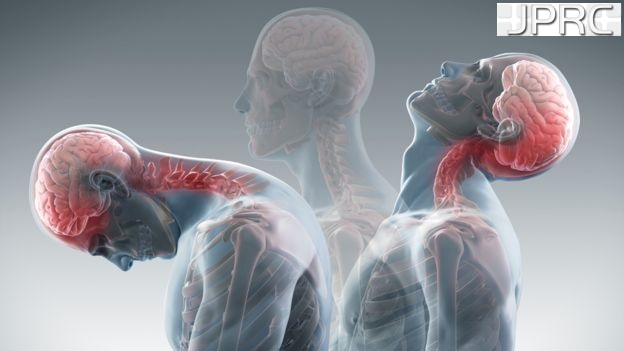


_Injection_Description_in_Hindi.jpg)
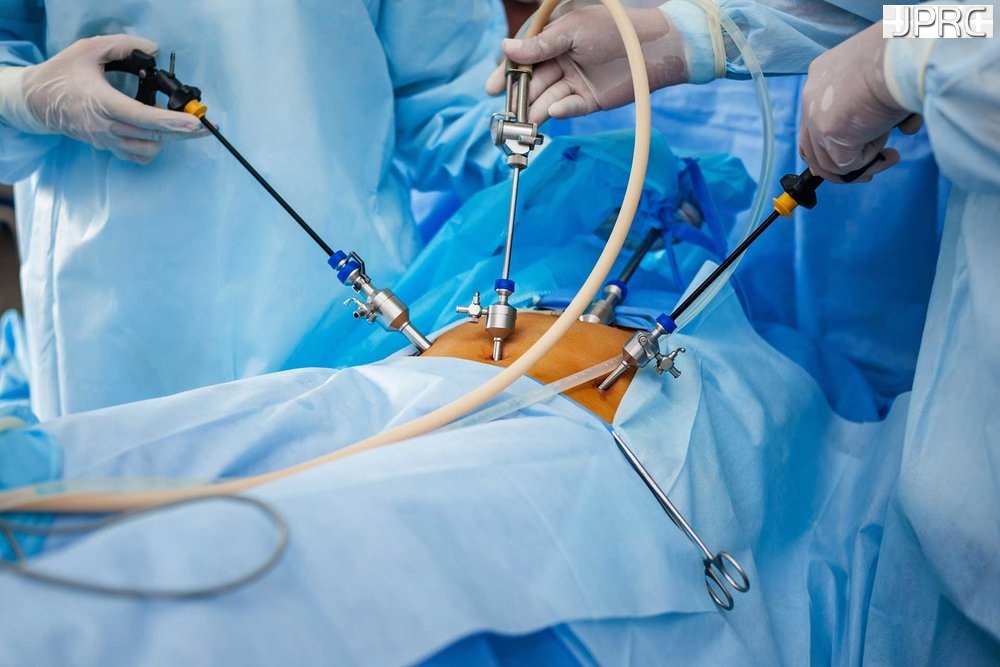

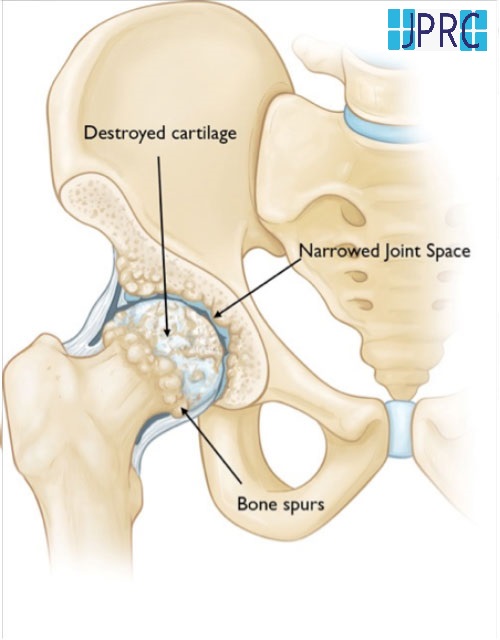



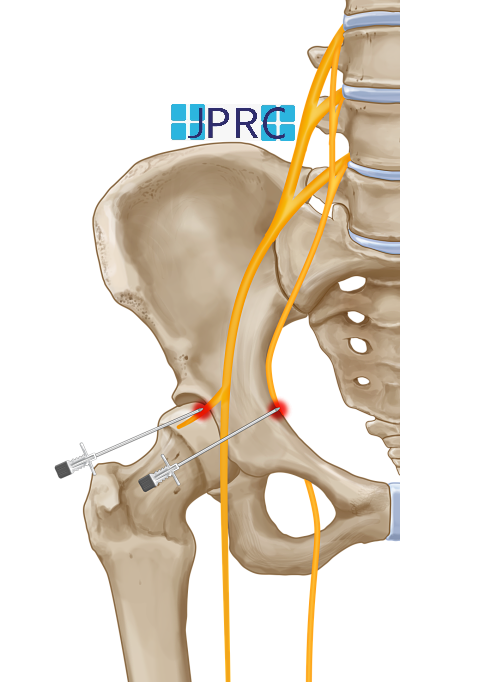


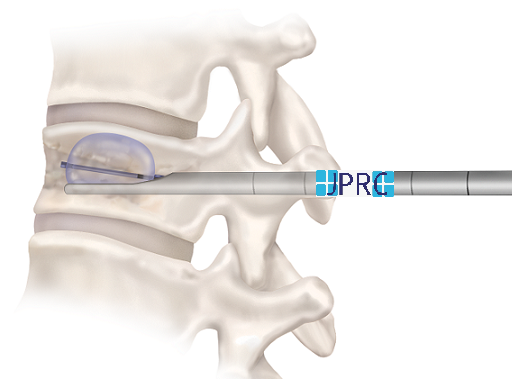

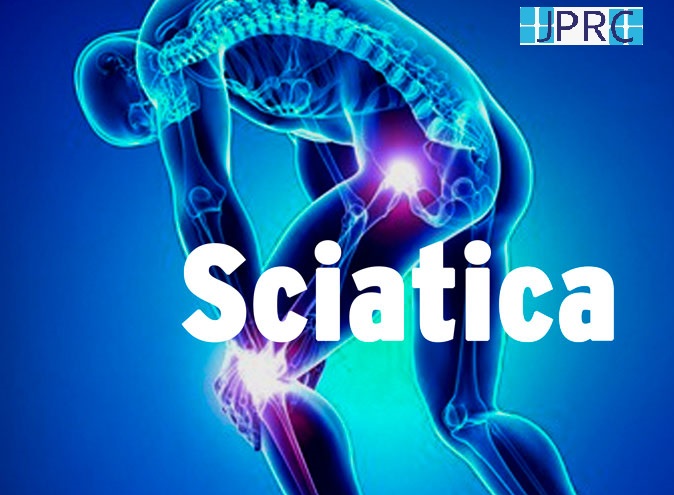



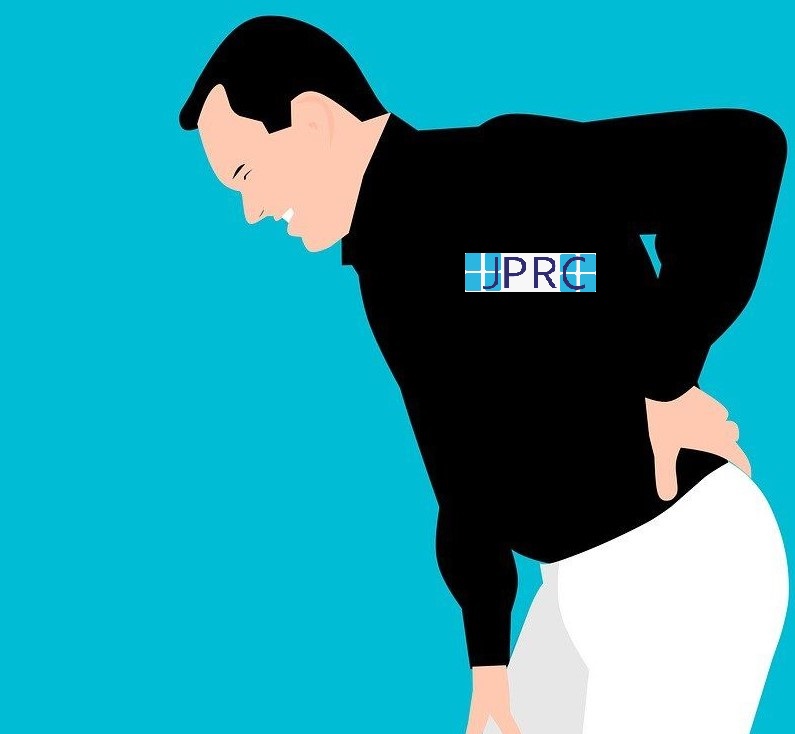
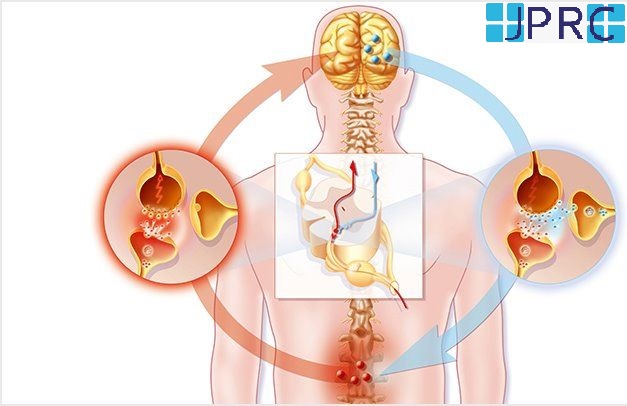

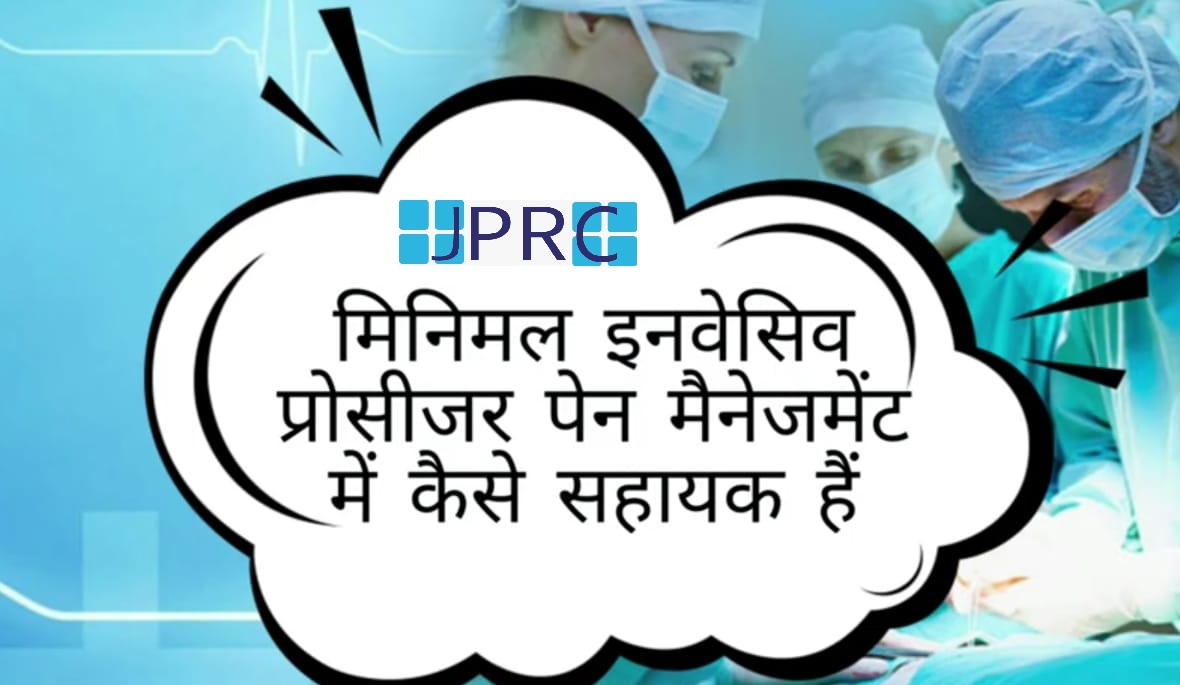
.jpg)
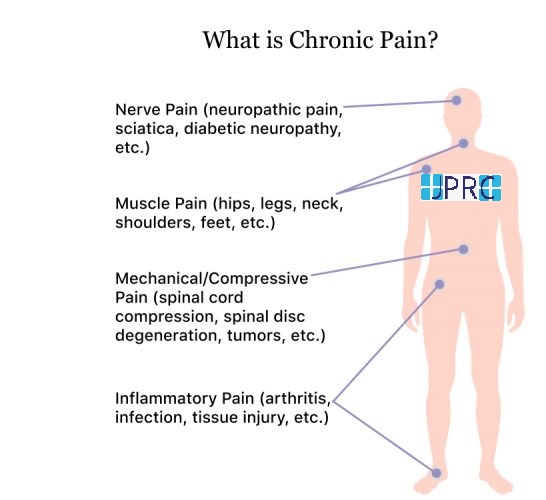


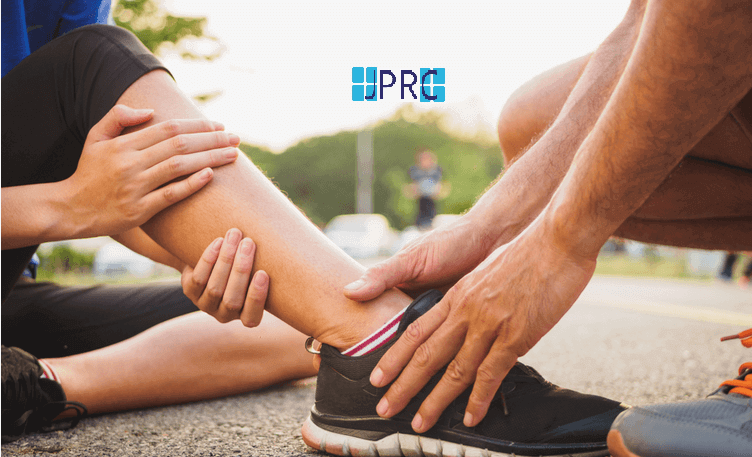
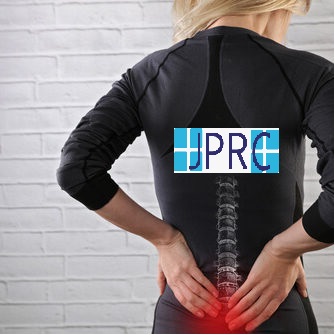


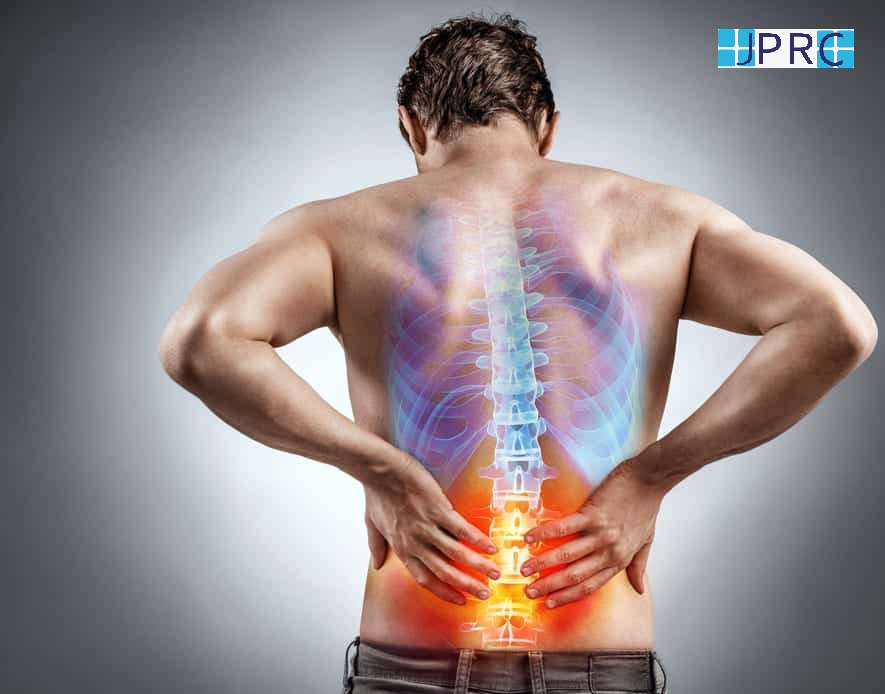
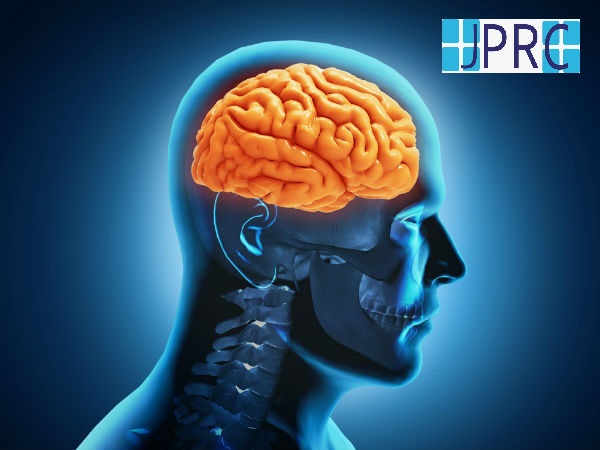
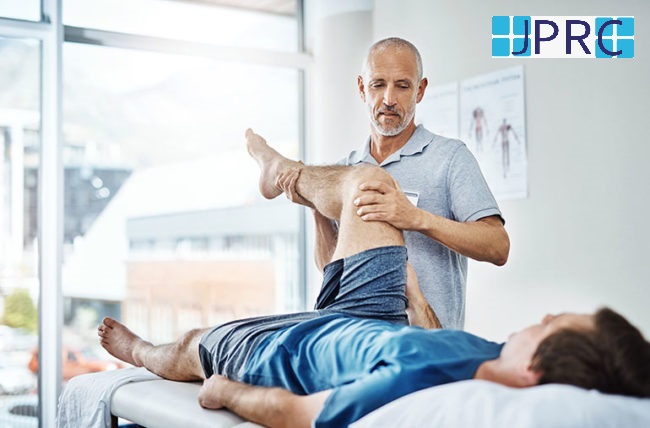
.jpg)




.jpg)
.jpg)
.jpg)


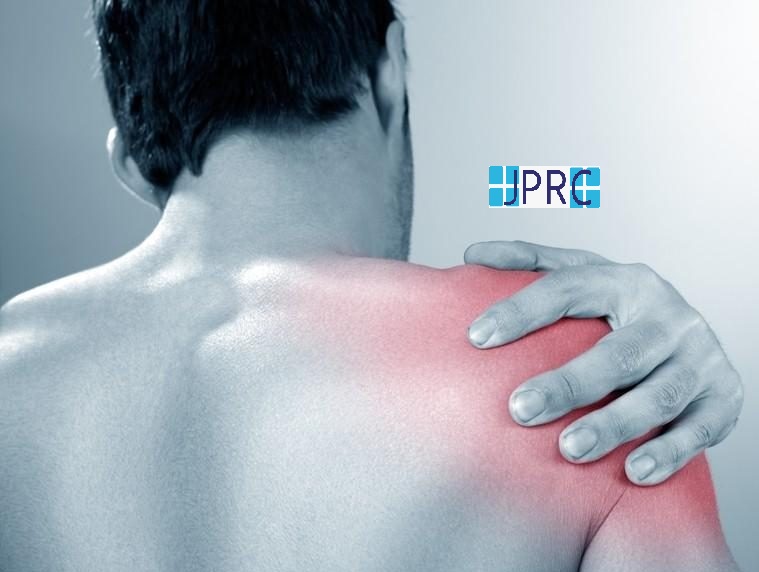
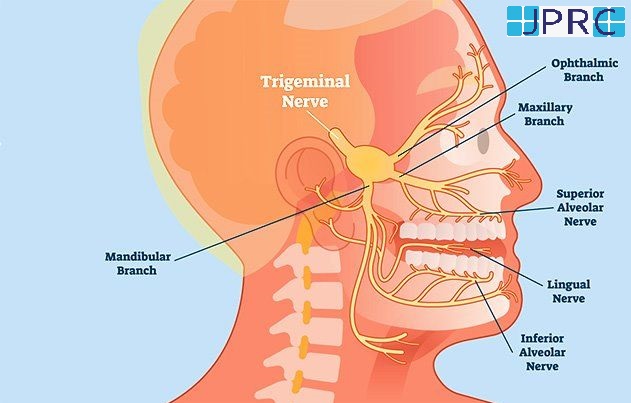

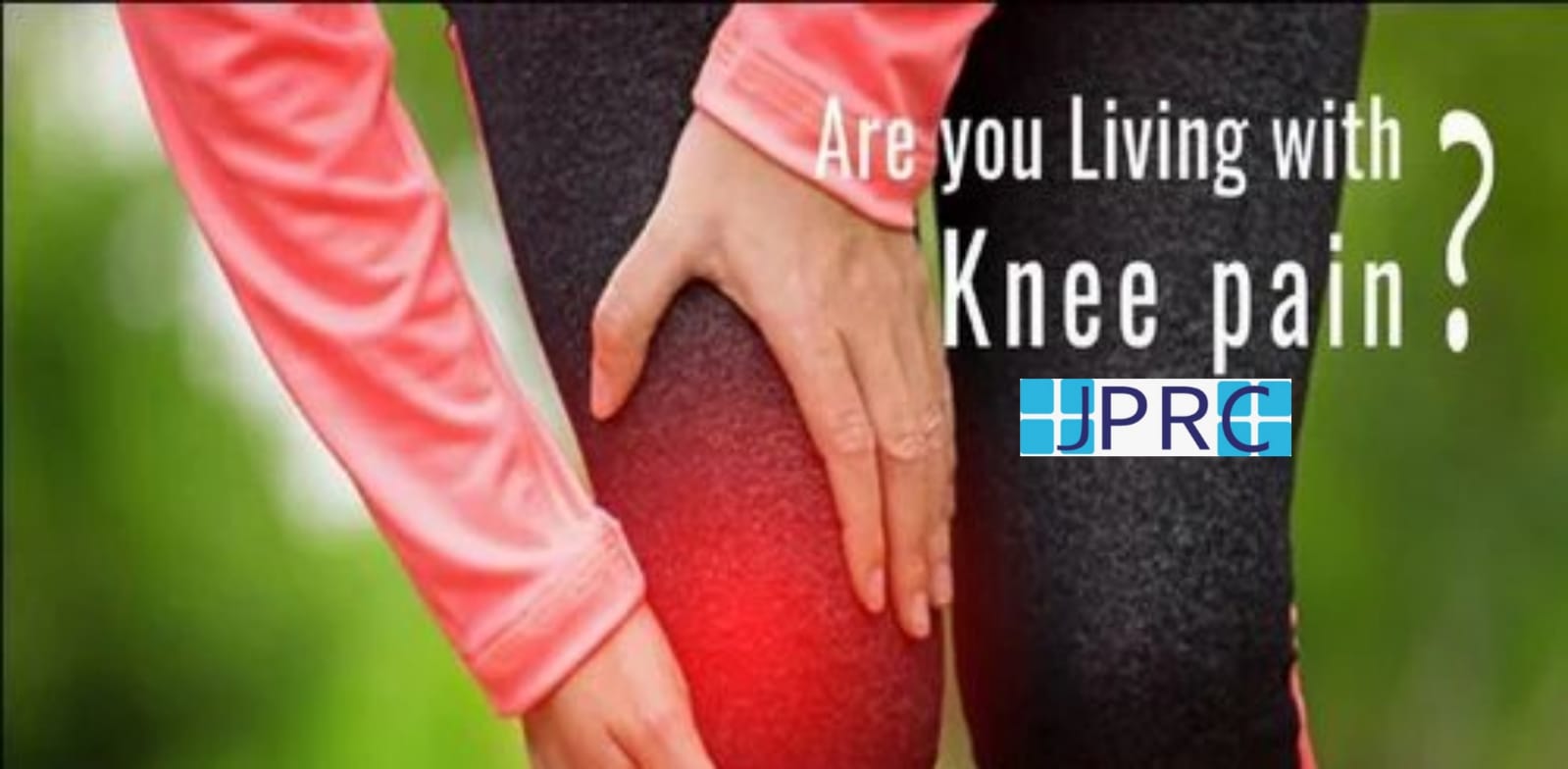

.jpg)
.jpg)
.jpg)
.jpg)
.jpg)
.jpg)
.jpg)
.jpg)
.jpg)
.jpg)
.jpg)
.jpg)
.jpg)
.jpg)
.jpg)
.jpg)
.jpg)
.jpg)
.jpg)
.jpg)
.jpg)
.jpg)
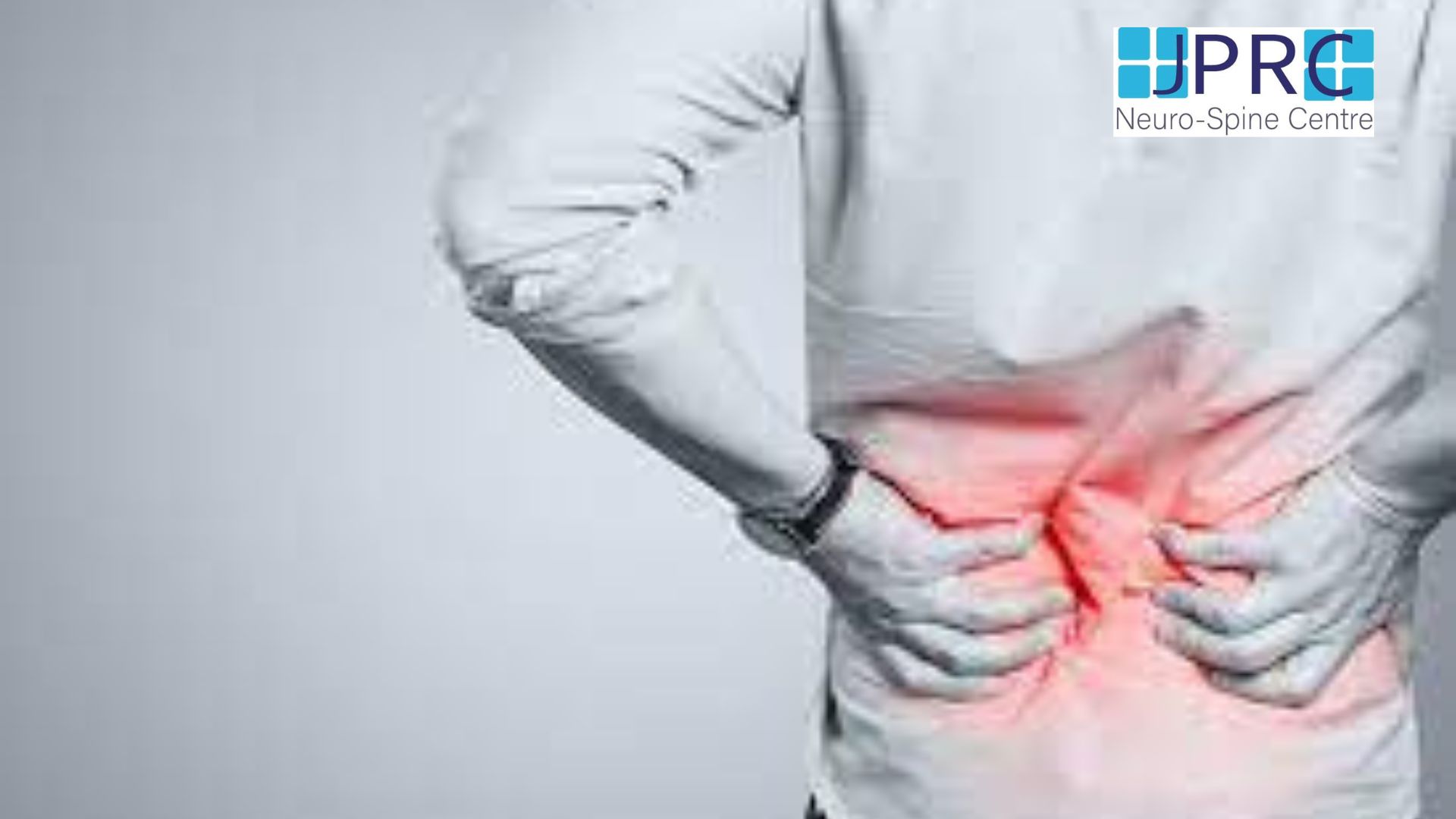



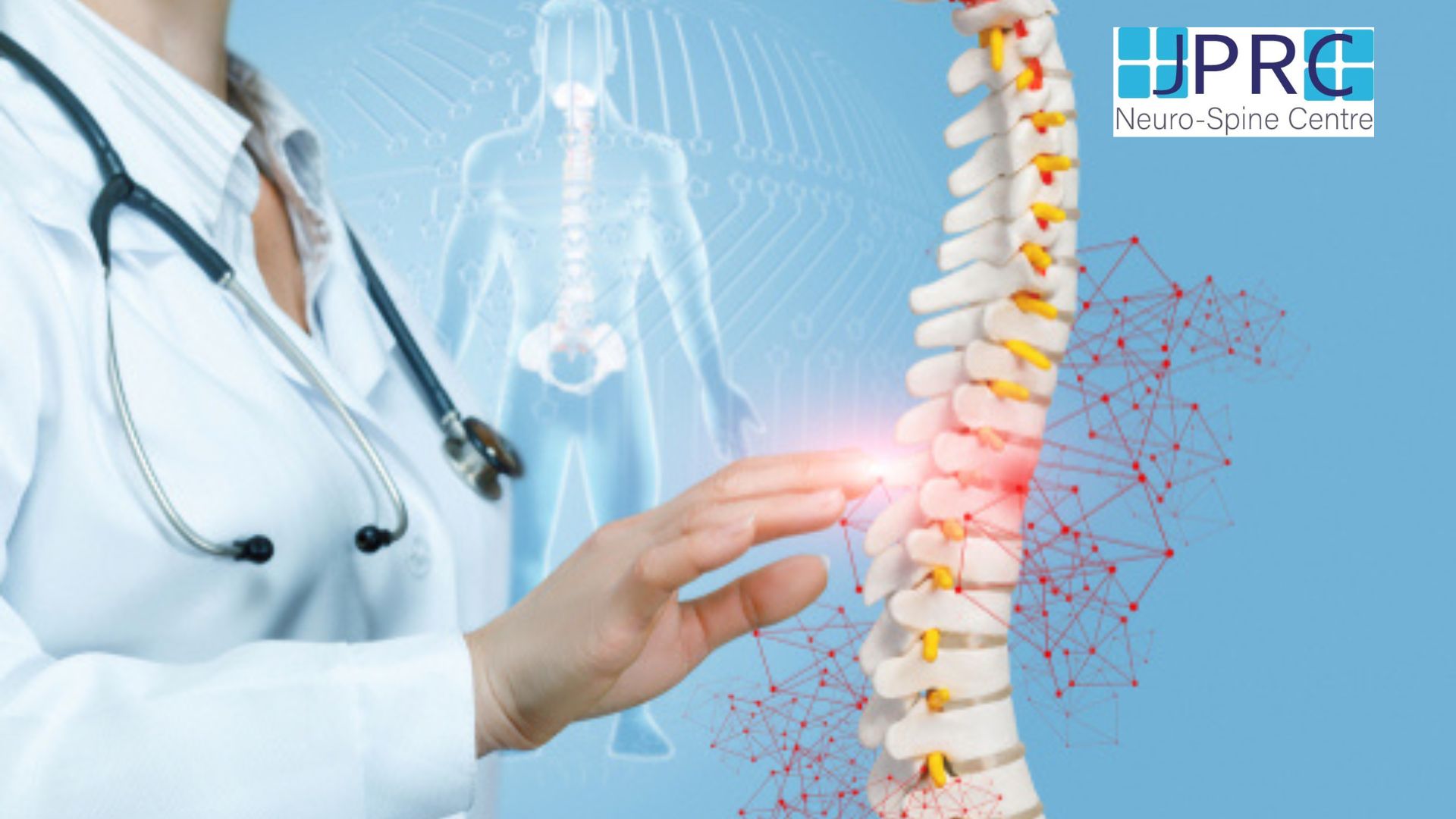

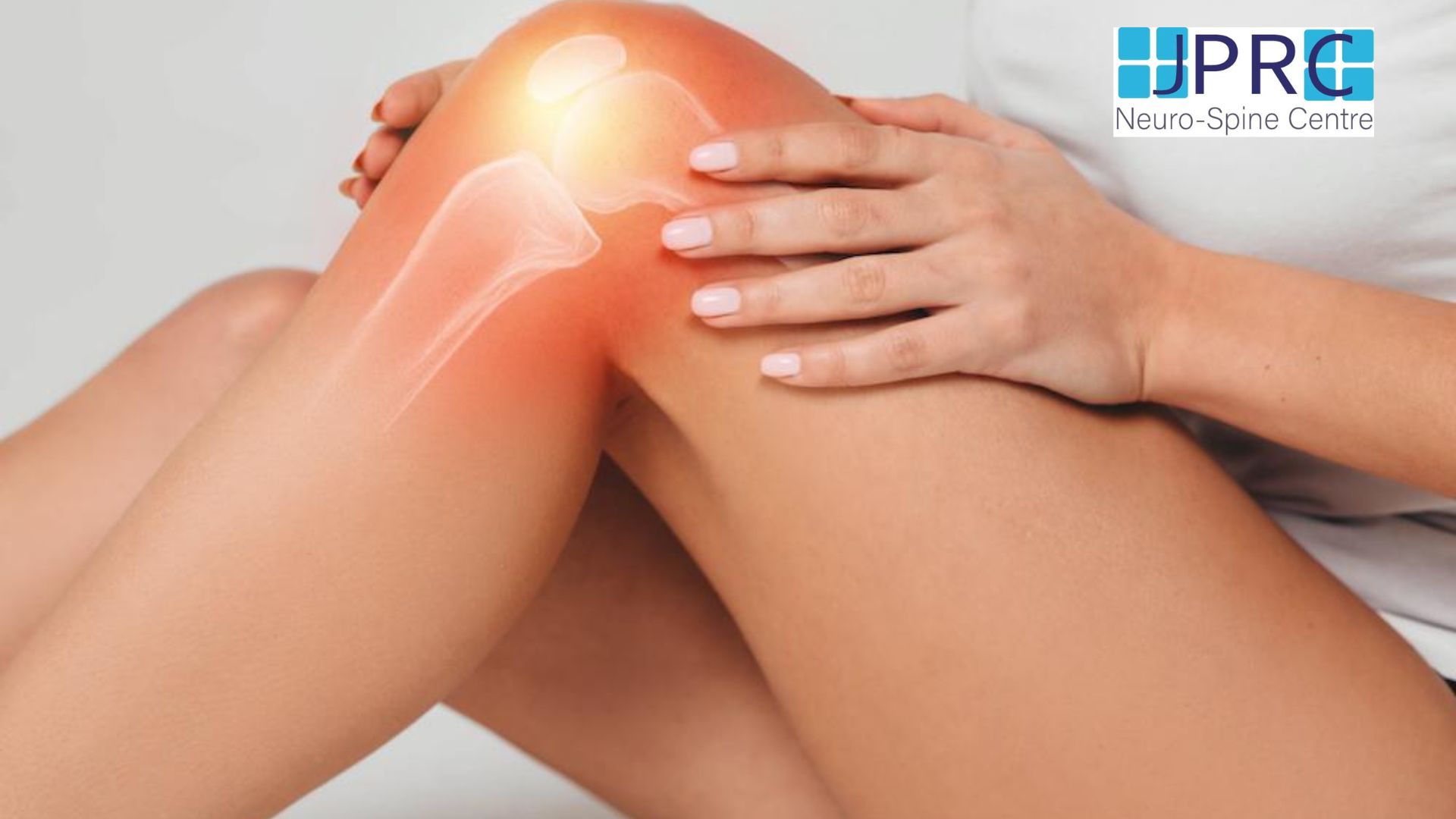

1.jpg)
1.jpg)
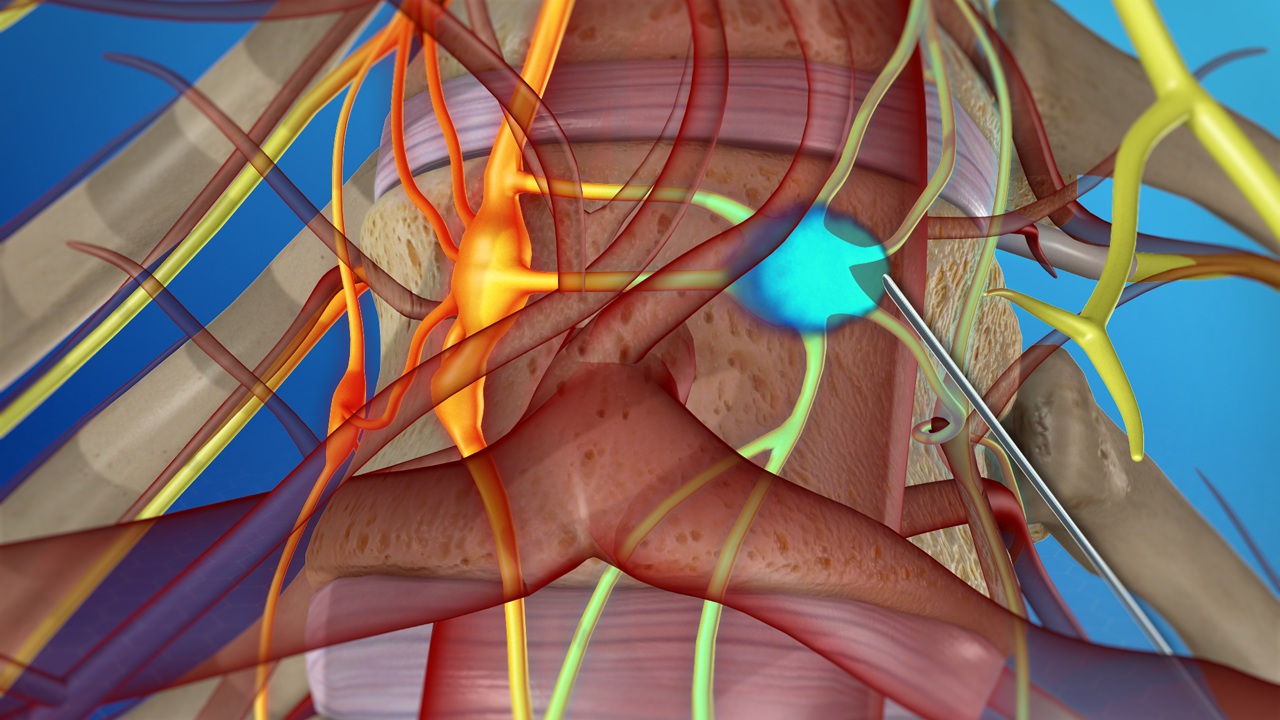
1.jpg)
1.jpg)
1.jpg)
1.jpg)
1.jpg)






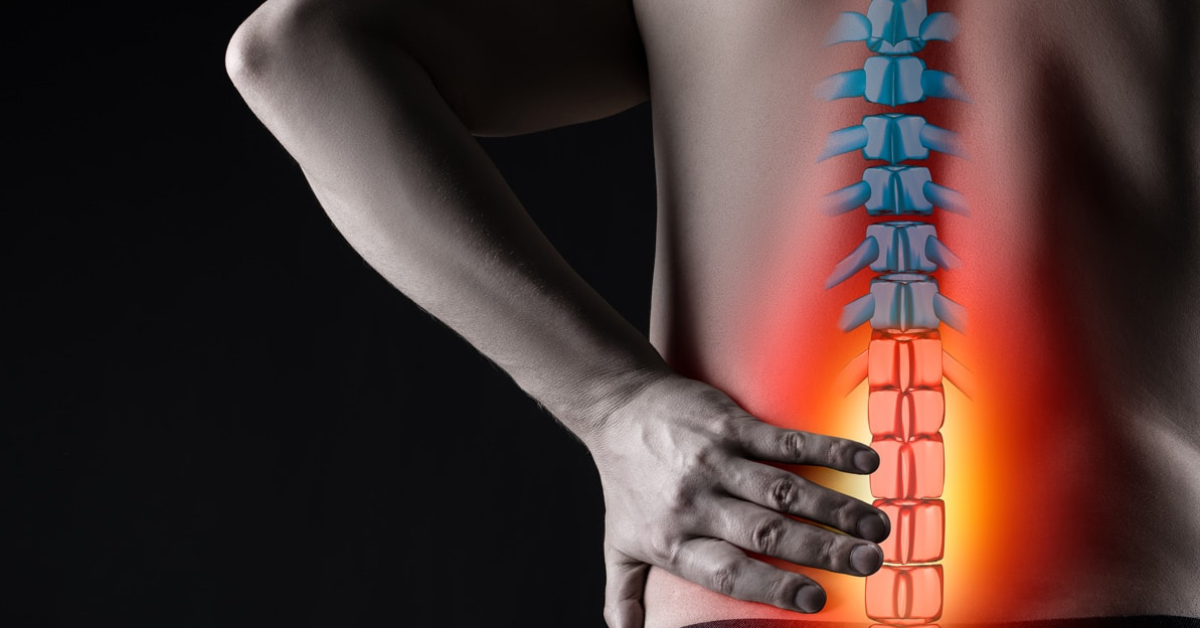

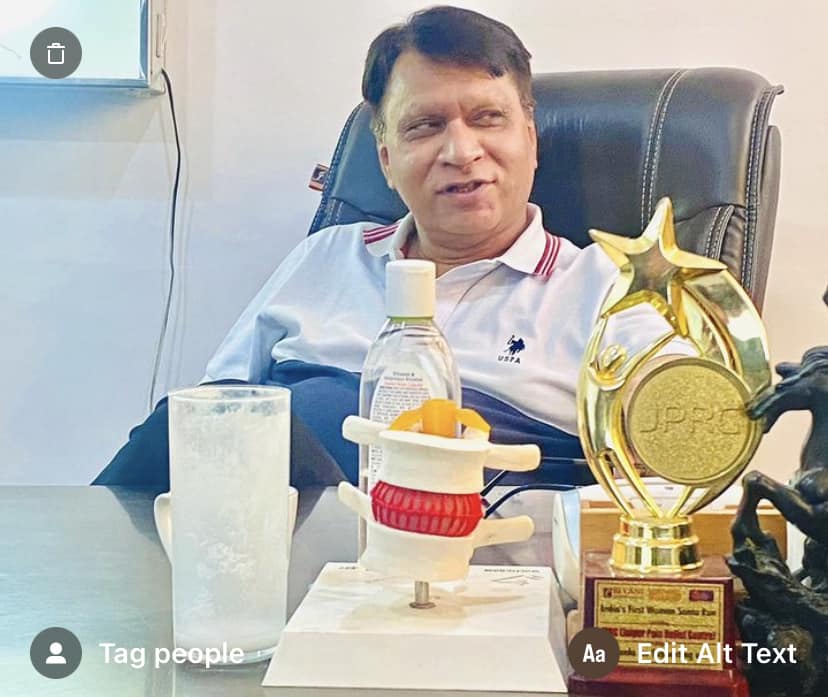
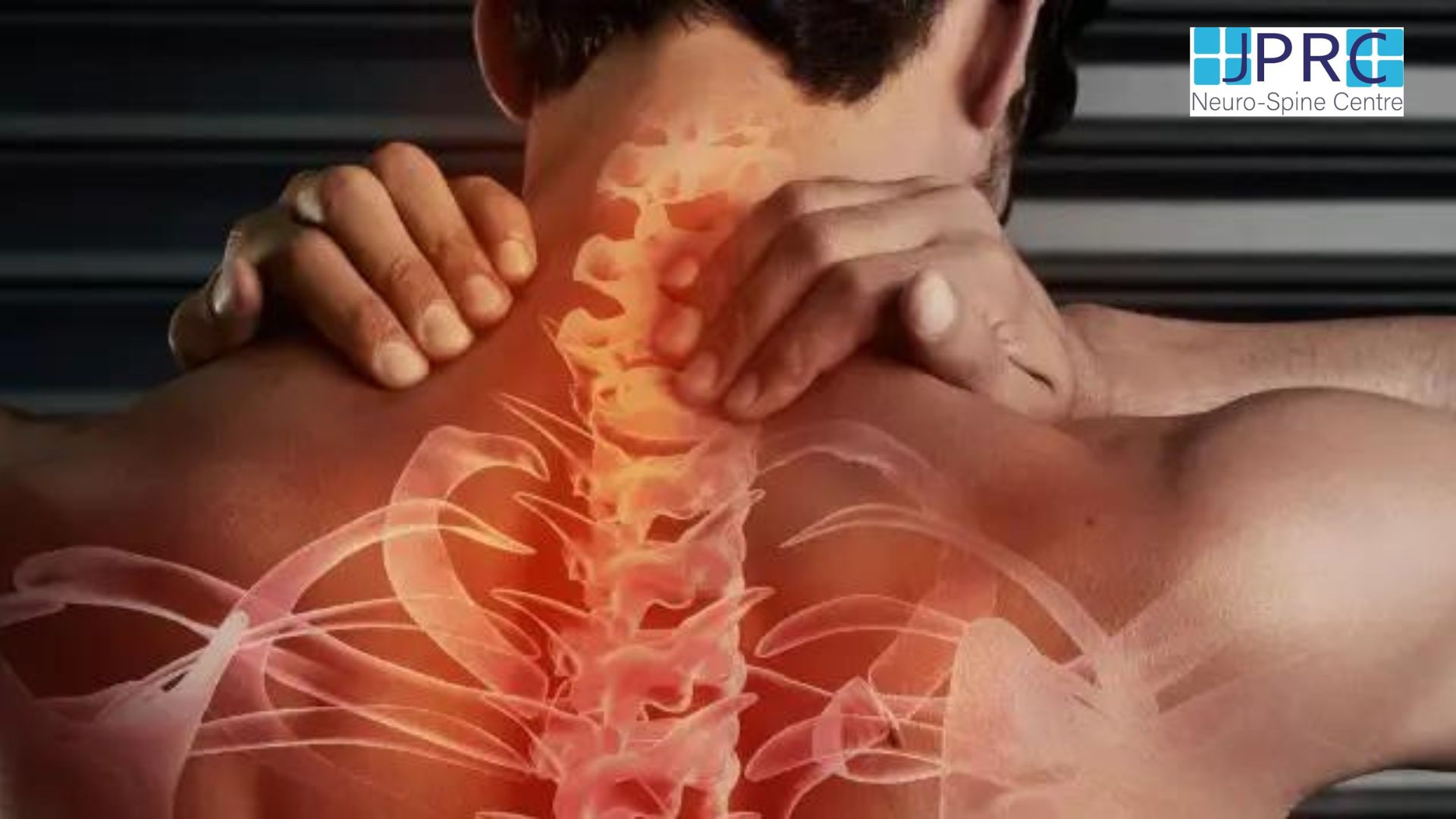
2.jpg)
3.jpg)
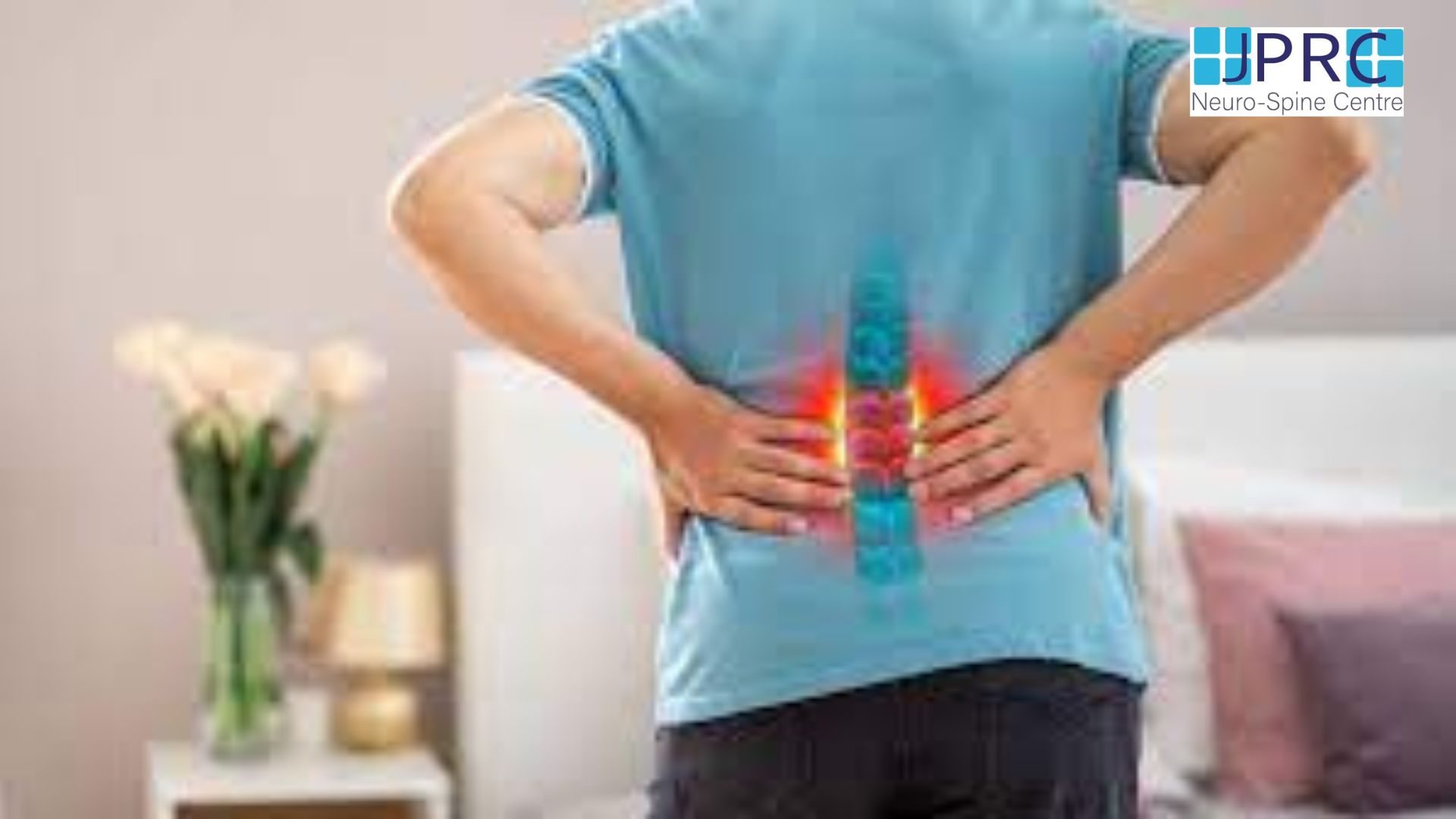
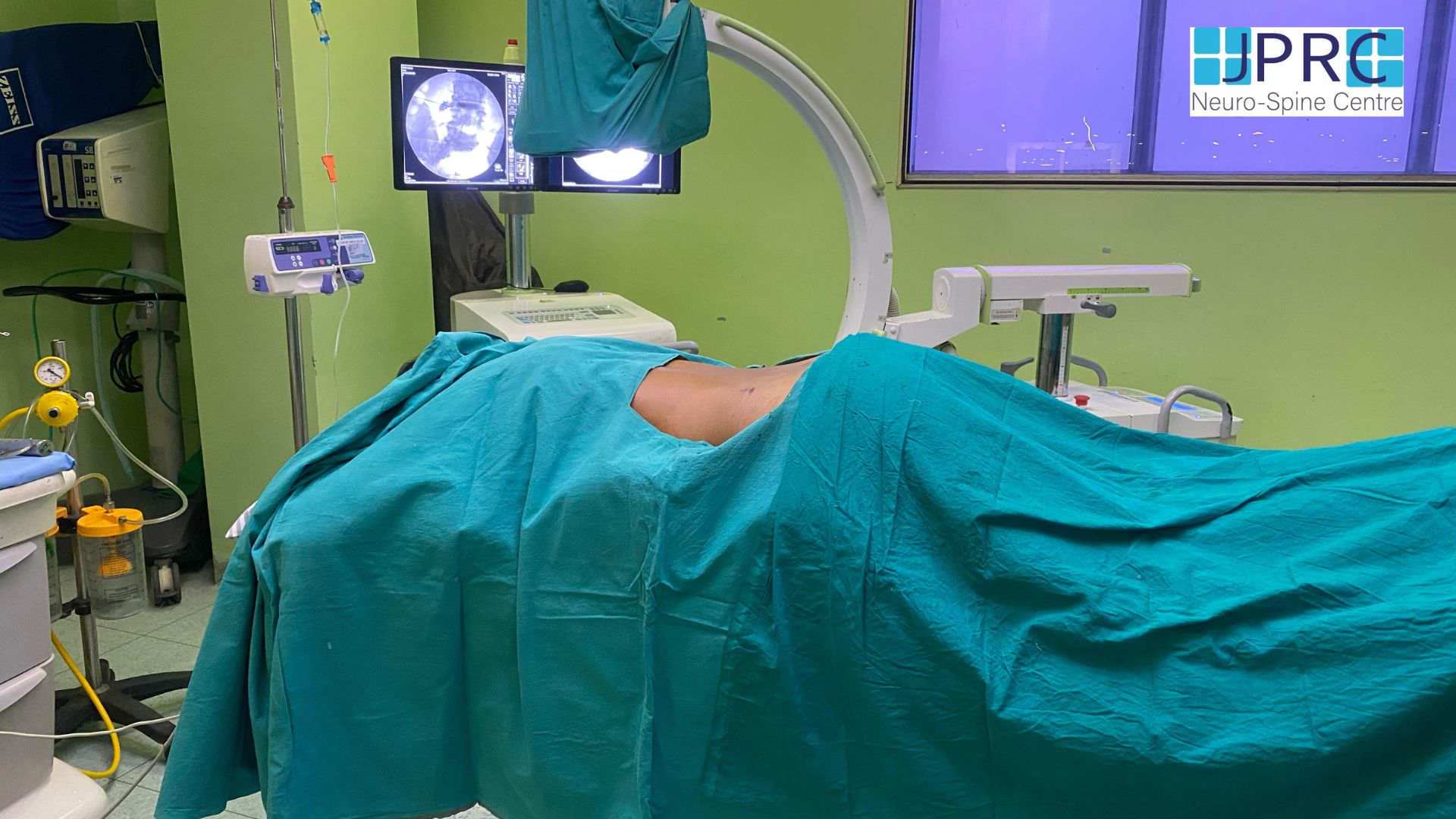
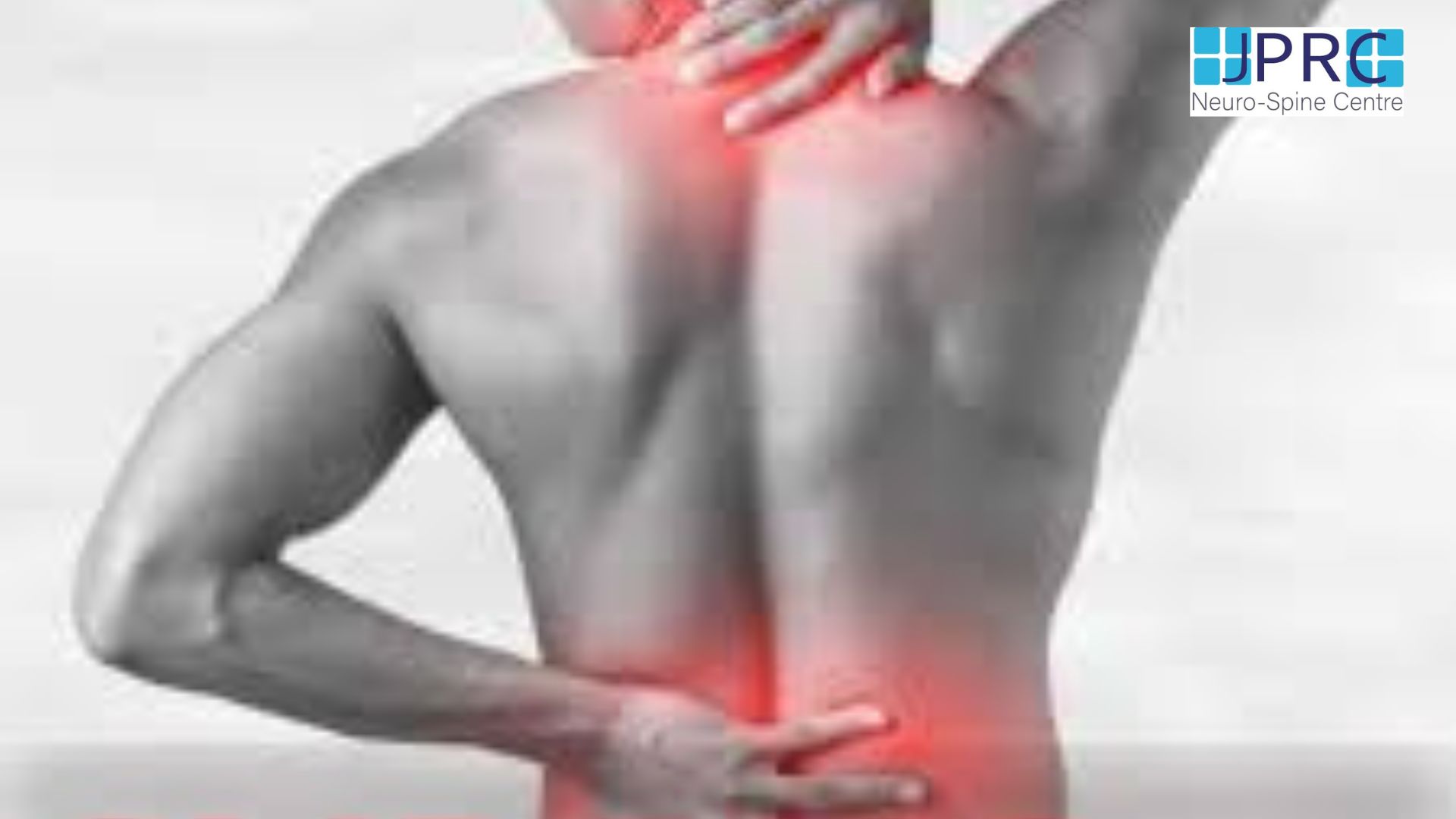
4.jpg)
1.jpg)
2.jpg)
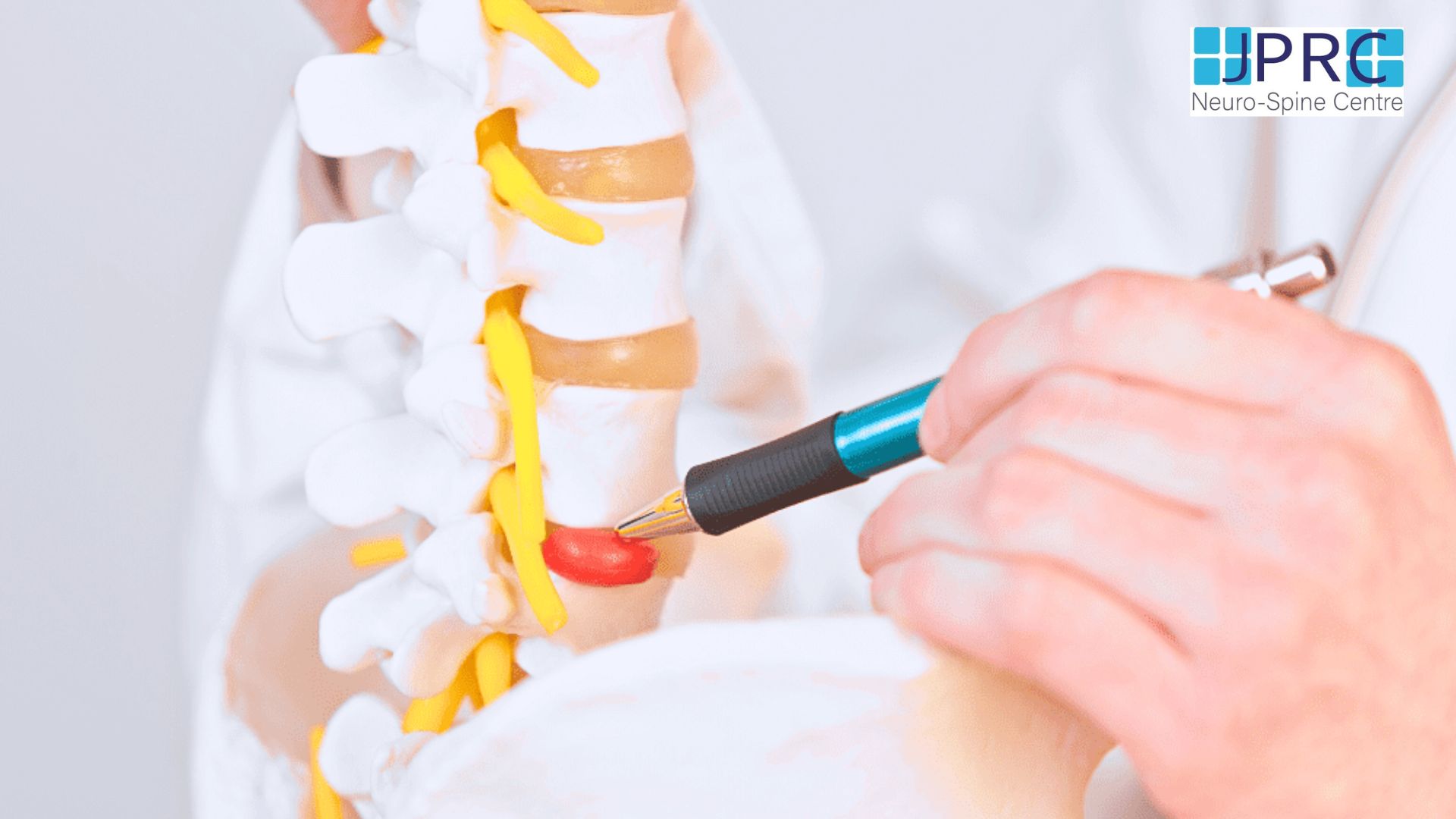
5.jpg)
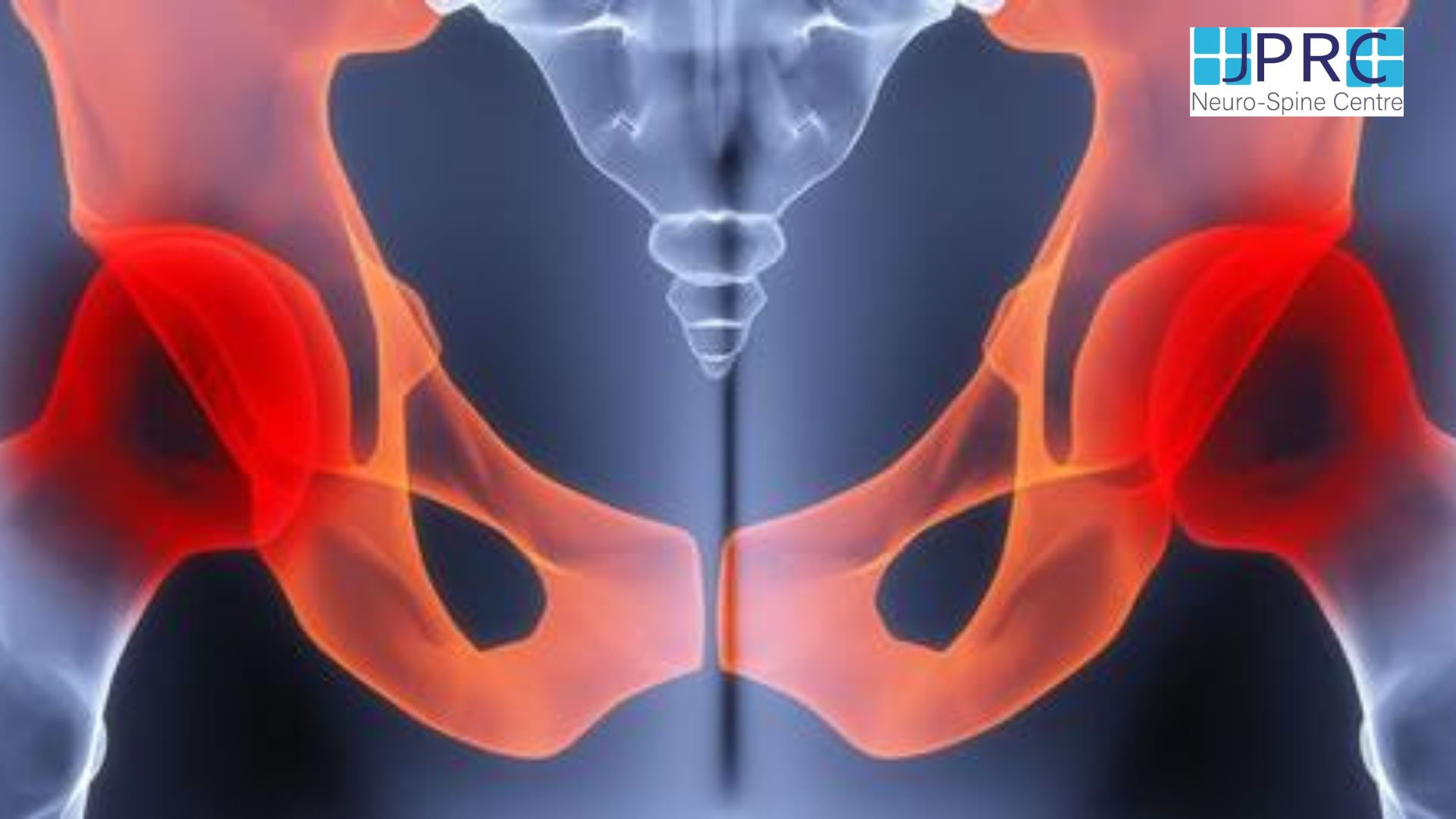
6.jpg)
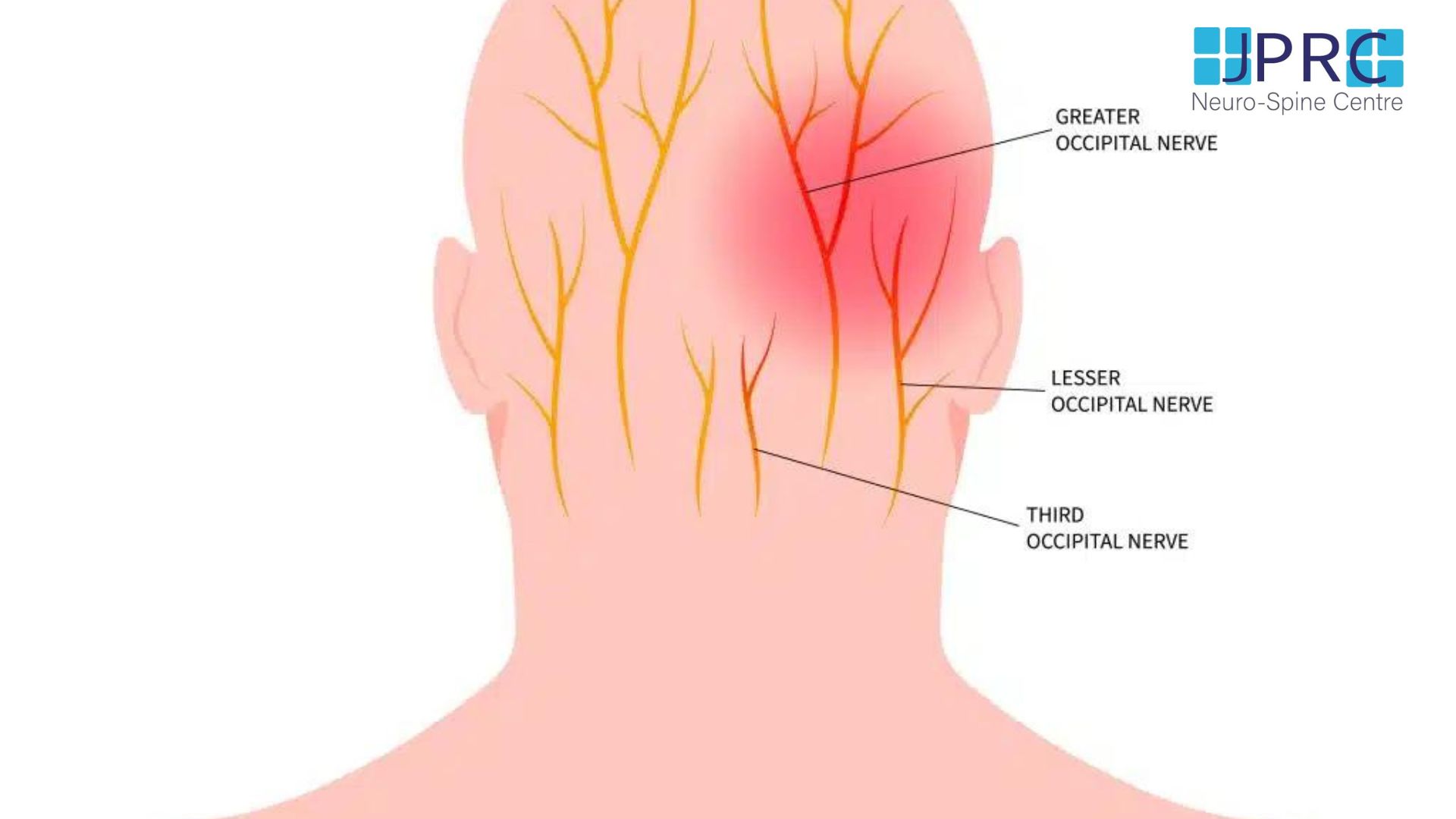
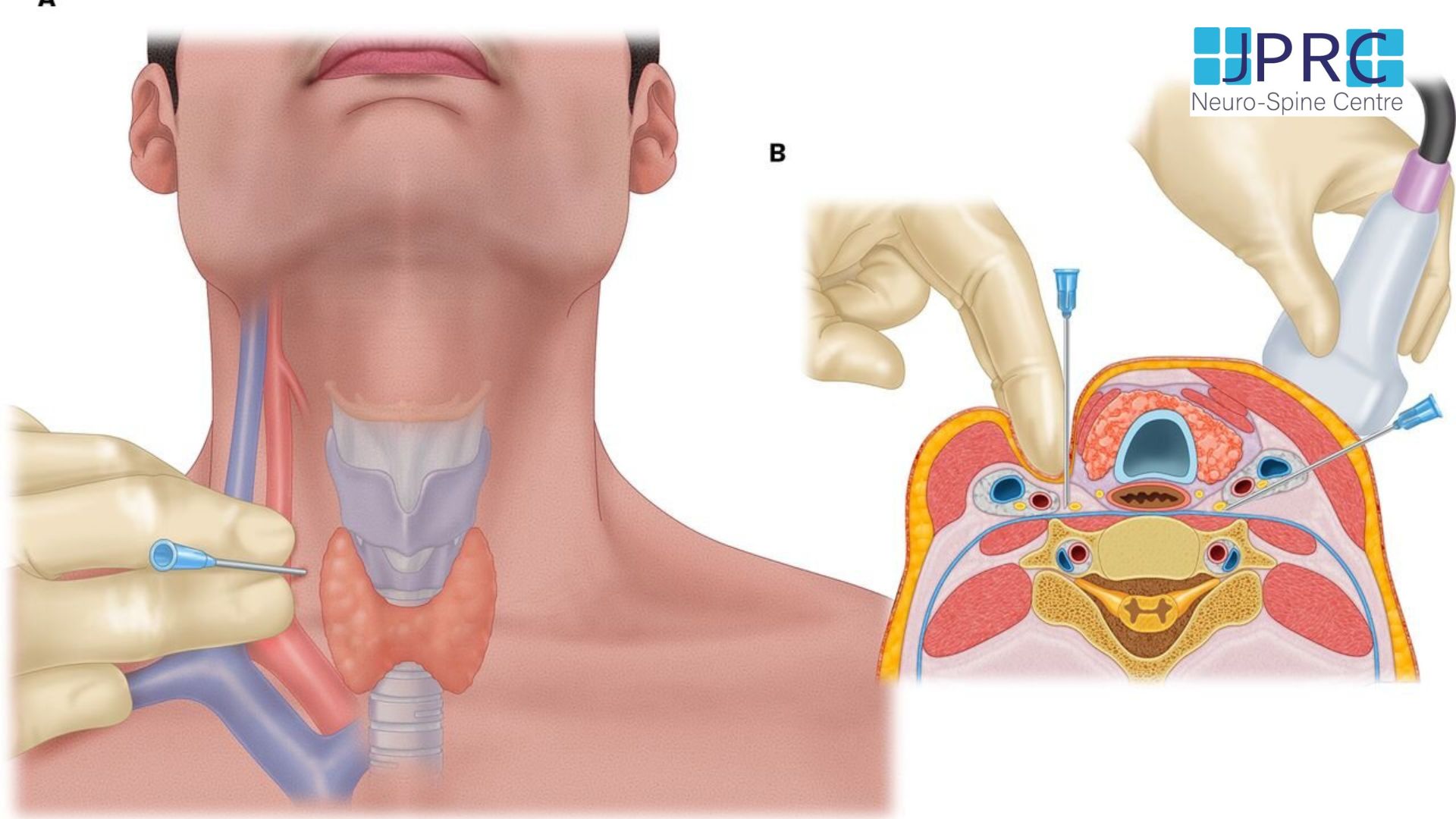
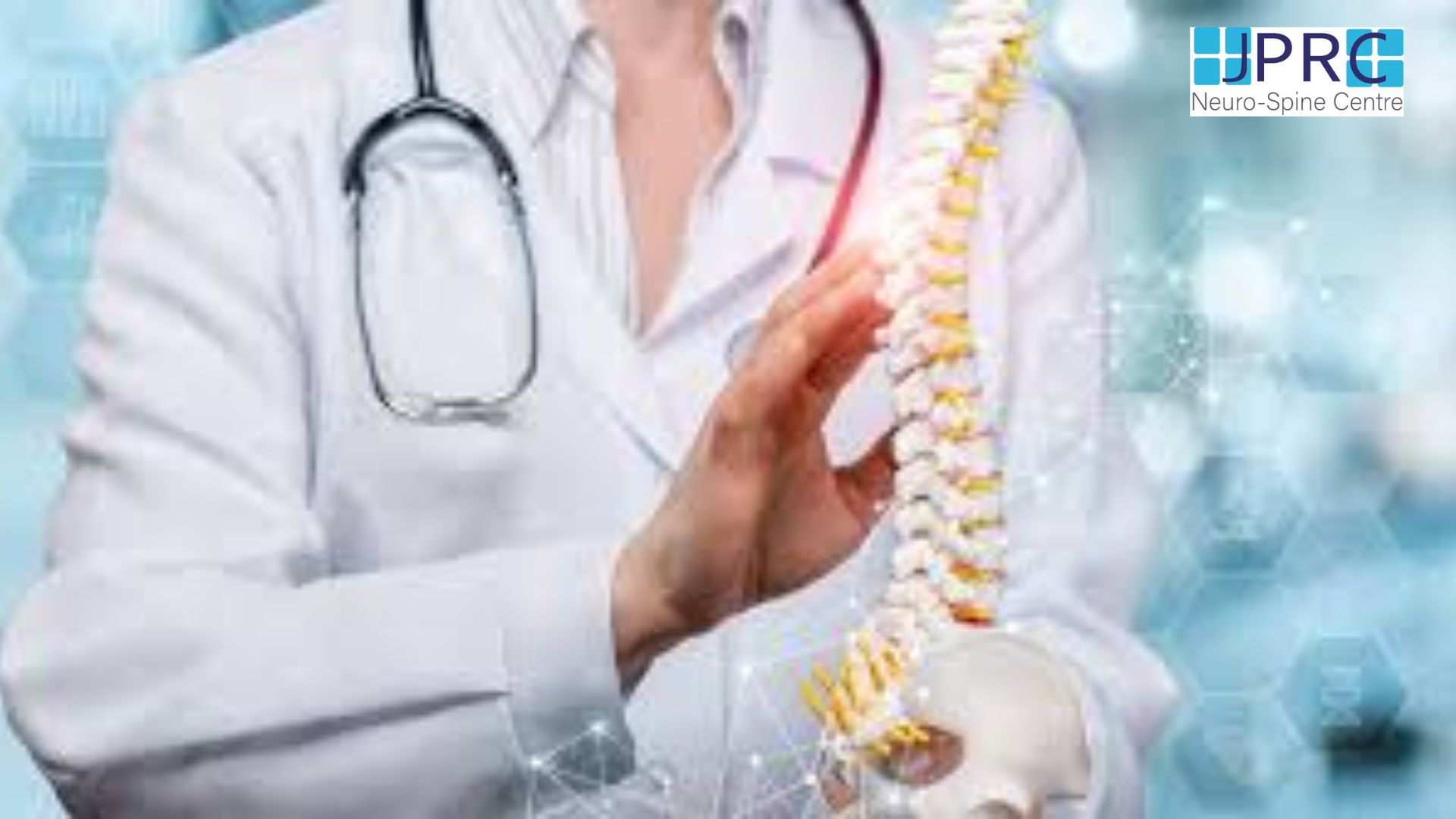

7.jpg)
2.jpg)

8.jpg)

9.jpg)
3.jpg)

10.jpg)

11.jpg)


12.jpg)
4.jpg)


























